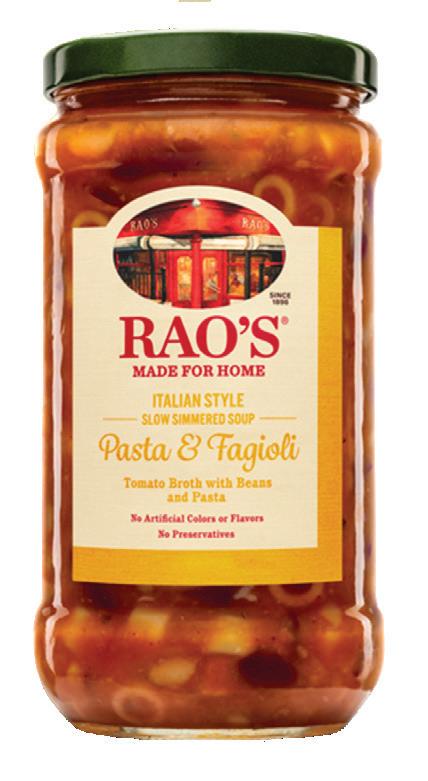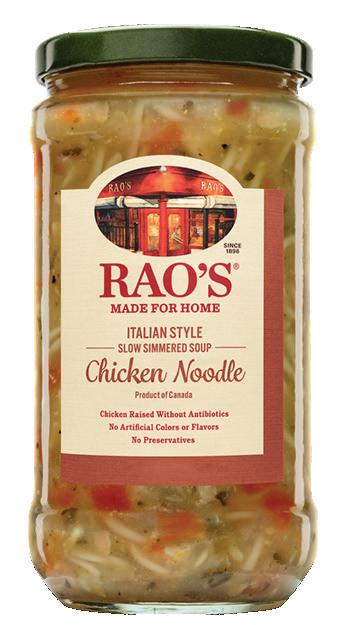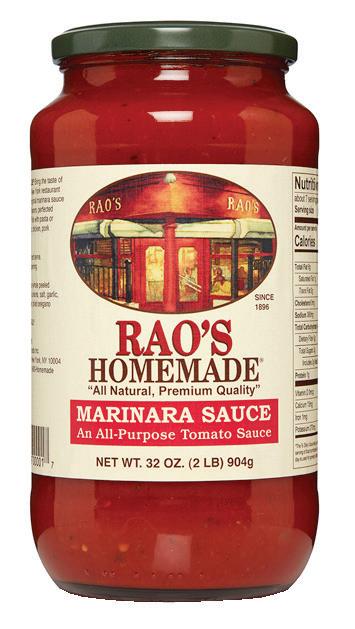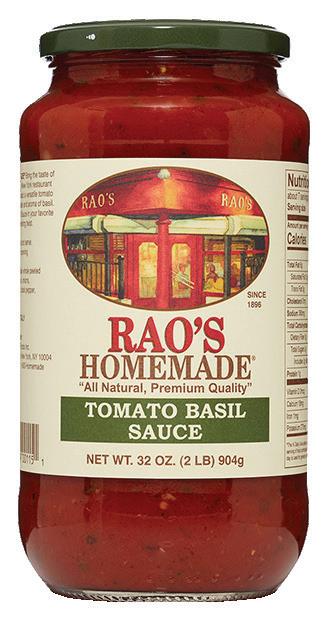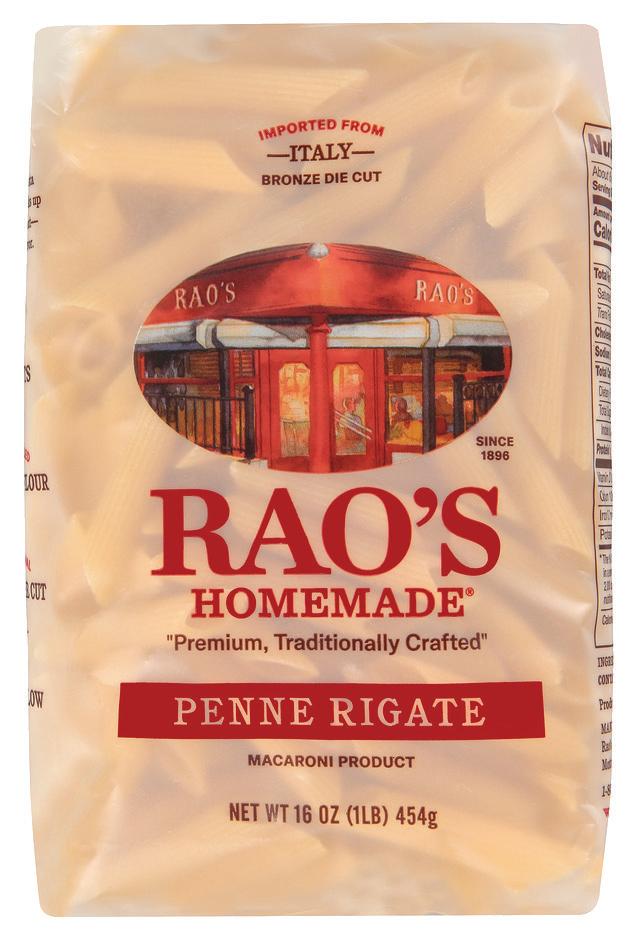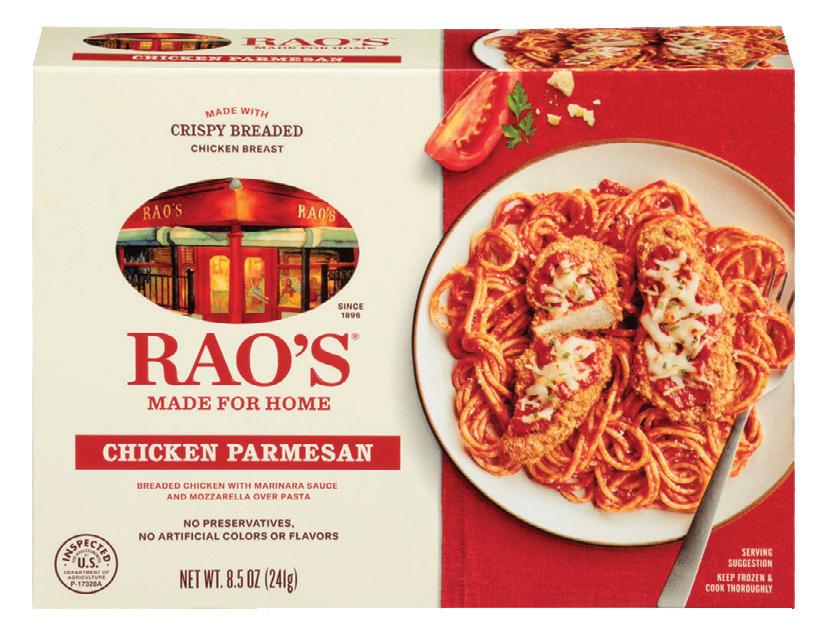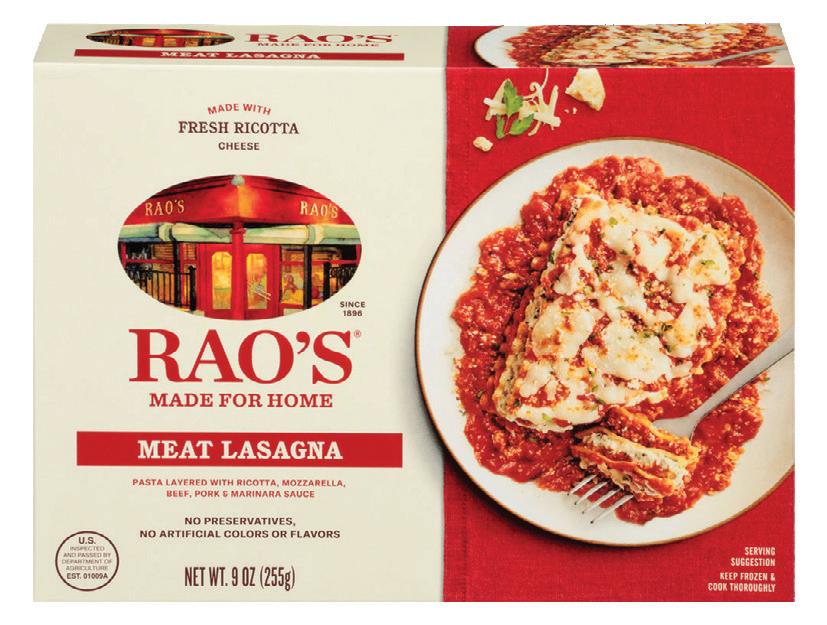

dark chocolate
Chocolate is a global favorite—for Valentine’s Day or any day. Not just a sweet treat, dark chocolate offers many health benefits.
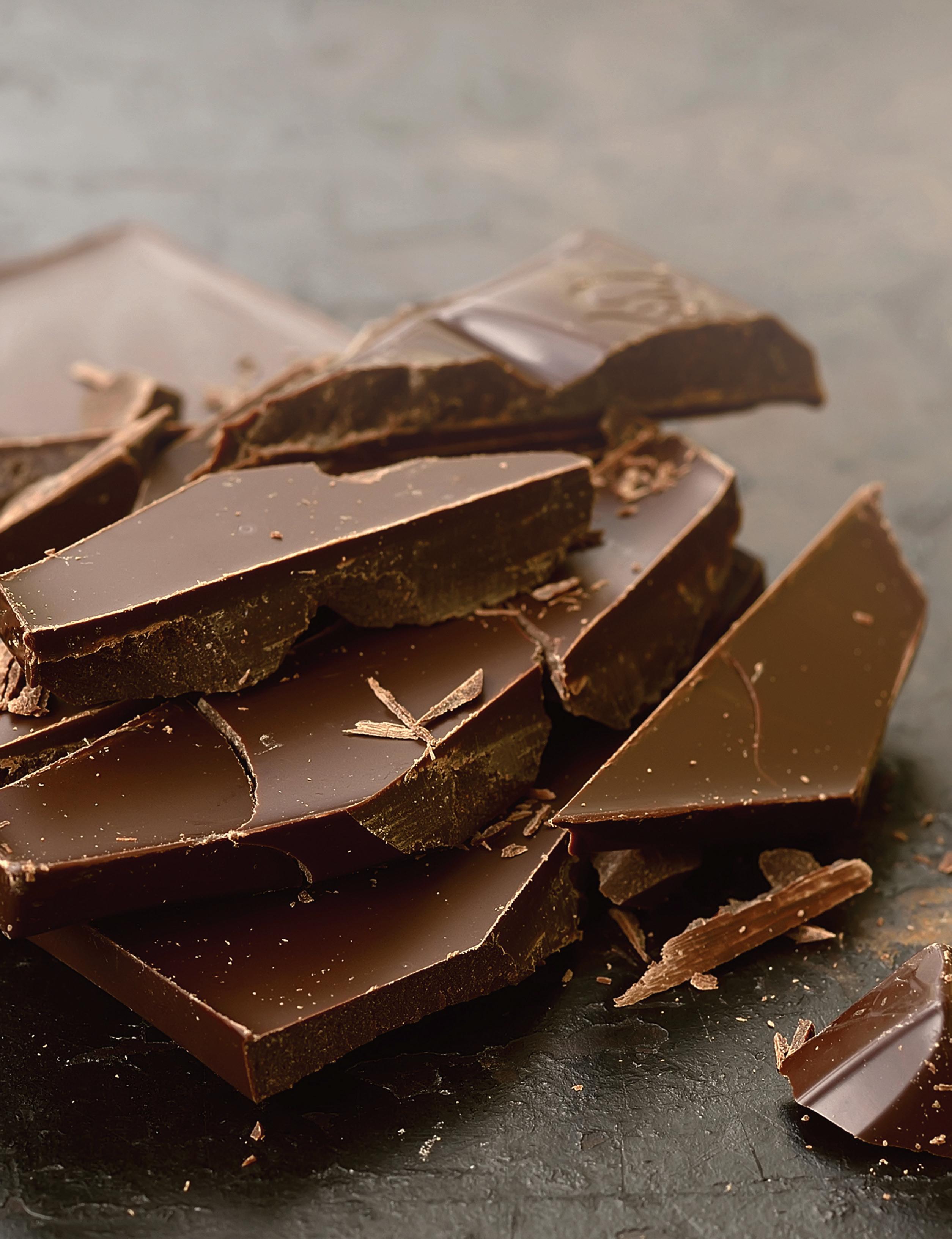
For chocolate to be considered dark, it must contain between 50 and 90 percent cocoa solids (the nonfat part of the cacao bean). The higher the percentage of cocoa, the more bitter the product will taste. Rich in phytochemicals known as flavonoids that act as antioxidants, the dark variety also contains iron, zinc, magnesium, copper, and phosphorus.
Research has shown that dark chocolate comprised of at least 70 percent cacao offers positive effects on mood, memory, immunity, inflammation, and stress levels. There also appears to be a correlation between a high cocoa intake (6 grams or 1 to 2 small squares a day) and a reduction in the risk of heart disease and mortality, possibly due to a reduction in inflammation and blood pressure.
Dark chocolate can be used in a variety of recipes from savory to sweet, and is available in many forms including bars, chips, and powder. ●
SELECTED SOURCES “Dark chocolate health benefits,” Cleveland Clinic, https://health.clevelandclinic.org, 3/10/22
• “Health benefits of dark chocolate,” www.WebMD.com, 11/20/20 • “The nutrition source: Dark chocolate,” Harvard T.H. Chan School of Public Health, www.hsph.harvard.edu, 2018




Mama Stoen’s Baking Mixes



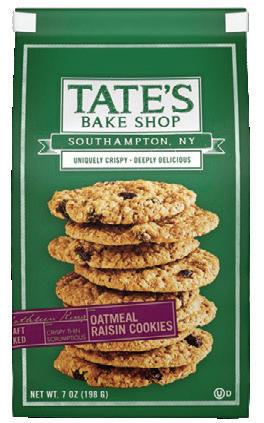
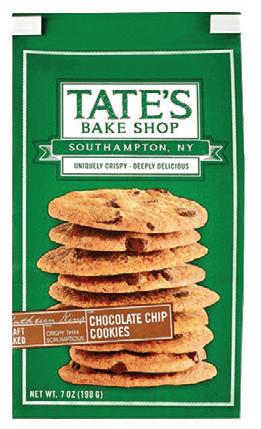
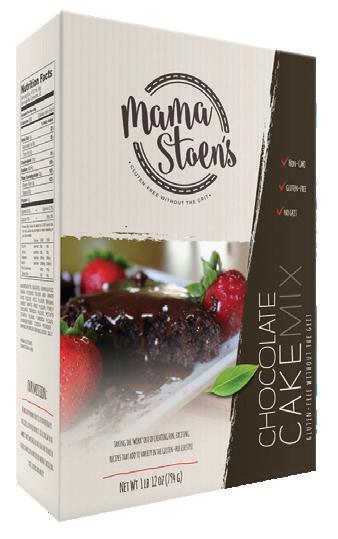

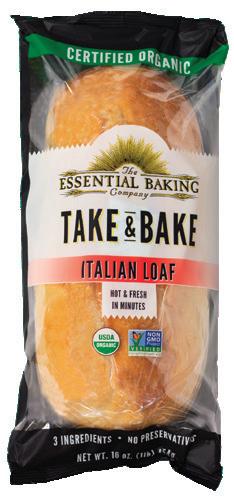

chief content officer and strategist Lynn Tryba (Lynn.Tryba@TasteforLife.com)
contributing editors Lisa Fabian, Rich Wallace associate editor Kelli Ann Wilson art director Michelle Knapp custom graphics manager Donna Sweeney

chief marketing and development officer Amy Pierce customer service 800-677-8847 CustomerService@TasteforLife.com
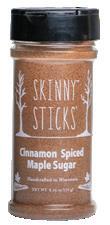
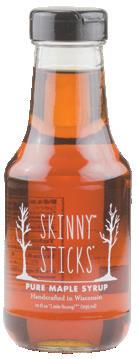

client services director - retail Judy Gagne (x128)


client services directoradvertising & digital Ashley Dunk (x190)
western brand promotions director Shannon Dunn-Delgado 415-382-1665
vice president – group brand promotions Bob Mucci 603-831-1868
vice president – retail sales and strategic partnerships Anna Johnston (Anna.Johnston@TasteforLife.com)

retail account manager Allen Gold 800-677-8847 (x111)


founder and chief executive officer T. James Connell
creative and sales offices 155 Washington Street Keene, NH 03431 603-283-0034
Published monthly by Taste for Life®, 155 Washington Street, Keene, NH 03431, 603-283-0034 (fax 603-283-0141); © 2023 Connell Communications, Inc. All rights reserved. This magazine is not intended to provide medical advice on personal health conditions, nor to replace recommendations made by health professionals. The opinions expressed by contributors and sources quoted in articles are not necessarily those of the editor or the publisher. Advertisers and advertising agencies assume liability for all content of advertising and for any claims arising therefrom. Information appearing in this magazine may not be reproduced in whole or in part without express permission of the publisher.
The inks used to print the body of this publication contain a minimum of 20%, by weight, renewable resources.

Printed in the US on partially recycled paper.

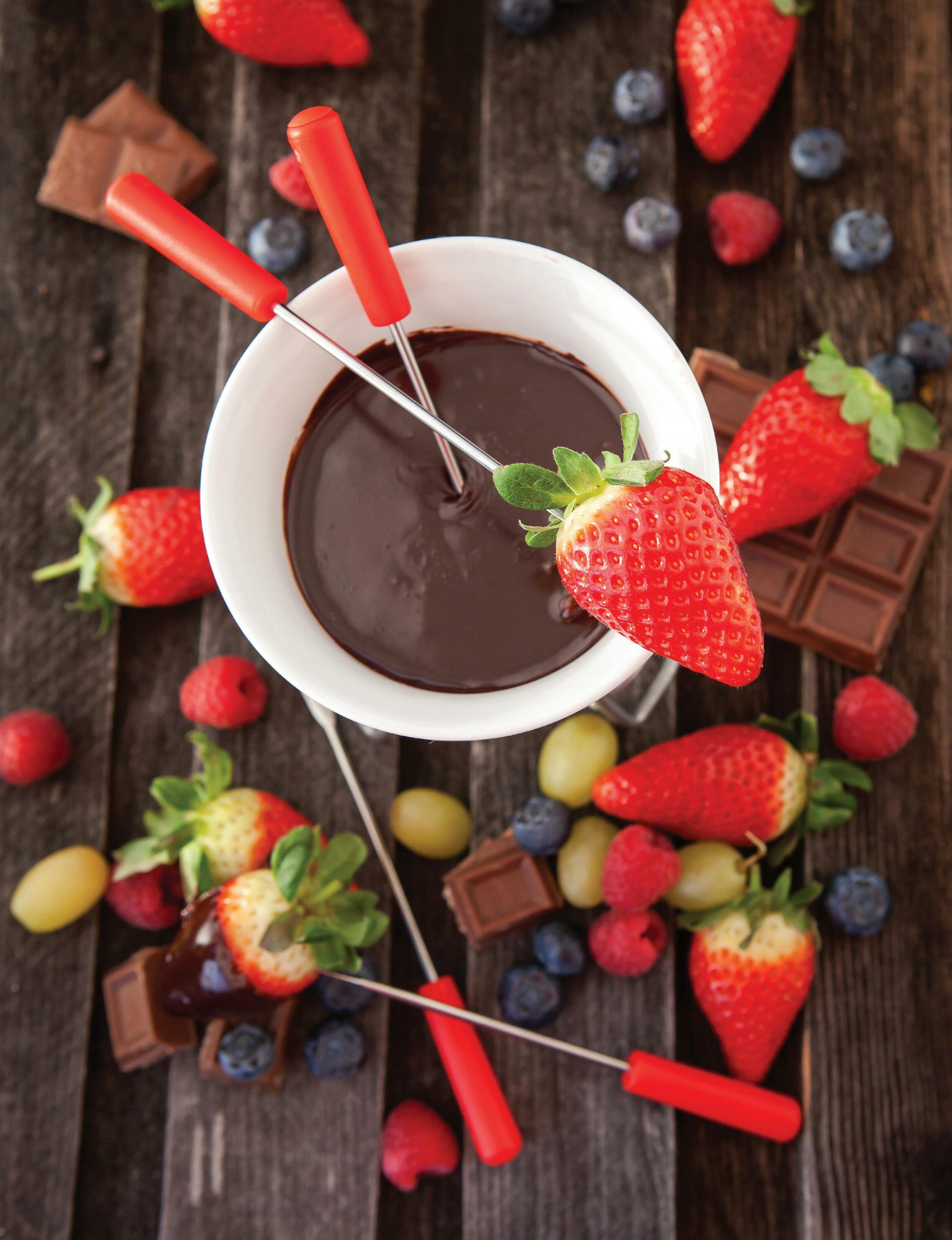
yoga may lower blood pressure

Adding yoga to an aerobic exercise program led to reductions in blood pressure and other health measures in patients with hypertension. Those changes improved participants’ 10-year cardiovascular outlook, according to the researchers.
The three-month study compared the effects of 15 minutes of structured yoga to a stretching routine. All participants did 30 minutes of aerobic exercise in addition to the yoga or stretching five times a week.
Participants in the yoga group and the stretching group saw improvements in systolic and diastolic blood pressure, mean arterial blood pressure, and heart rate. But those in the yoga group saw significantly better improvements in systolic blood pressure and resting heart rate.
SOURCE “Impact of yoga on global cardiovascular risk as an add-on to a regular exercise regimen in patients with hypertension” by A. Pandey et al., Canadian Journal of Cardiology, 12/7/22
whole-grain truth is elusive
For decades, nutritionists have been advising us to eat more whole grains. The significant amount of fiber and other nutrients in the grains can lower the risks for many health conditions. But categorizing whole-grain foods can be tricky.
A new study in the American Journal of Clinical Nutrition found that Americans have definitely increased their intake of whole grains, but by just how much remains unclear. Contradictory labeling is part of the problem. For example, the Dietary Guidelines for Americans, the US Food and Drug Administration, the American Heart Association, the American Association of Cereal Chemists International, and the Whole Grains Council all have different definitions.
“We found that each definition captured very different types of grain- or flour-containing foods as whole-grain foods, resulting in differences in the average consumption of whole-grain foods and the associated trends,” said Mengxi Du, the study’s lead author.
Brown rice, oatmeal, barley, and whole-grain wheat and rye breads are sure-bet examples of whole-grain foods.
SELECTED SOURCES “Are Americans eating enough whole grains? It depends on who you ask,” Tufts University, Health Sciences Campus, 11/30/22 • “Whole-grain food intake among US adults, based on different definitions of whole-grain foods…” by M. Du et al., American Journal of Clinical Nutrition, 11/30/22
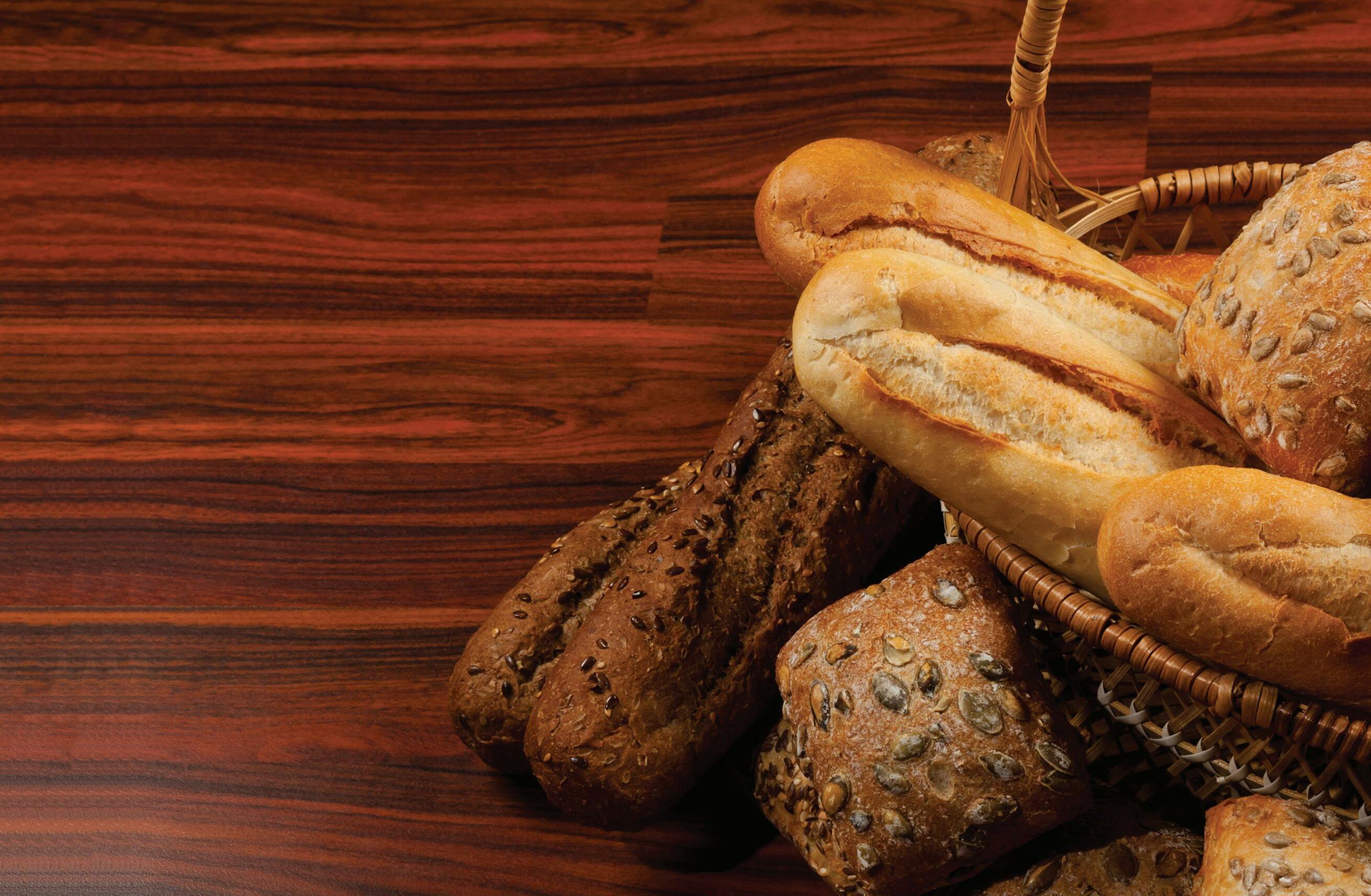
healthy diet can deter cancer

Colorectal cancer is the third most common cancer worldwide. A new study determined that eating a plant-based diet rich in whole grains, vegetables, and legumes can lower the risk. Men who ate such a diet and avoided less-healthy choices such as refined grains, fruit juices, and added sugars had significantly lower rates of colorectal cancer.
SELECTED SOURCES “Health: Healthy plant-based diets associated with lower colorectal cancer risk in men,” BioMed Central, 11/28/22 • “Plant-based dietary patterns defined by a priori indices and colorectal cancer risk by sex and race/ethnicity” by J. Kim et al., BMC Medicine, 11/29/22
Did You Know?
Broccoli and its cousins contain a molecule that helps suppress the growth of certain cancerous tumors. The molecule—also found in cauliflower, cabbage, collard greens, Brussels sprouts, and kale—inactivates a gene that plays a role in the development of the tumors.
SOURCE “Natural compound found in broccoli reawakens the function of potent tumor suppressor,” Beth Israel Deaconess Medical Center, 2019
tea boosts long-term health
A daily cup of tea appears to have lifelong health benefits. A new study linked flavonoids in black and green tea (as well as from apples, berries, citrus fruits, nuts, and certain other plant foods) to lower rates of calcification in the body’s largest artery.
The abdominal aorta supplies oxygenated blood from the heart to abdominal organs and the lower limbs. Calcification is linked to cardiovascular disease and strokes.
Study participants included 881 older women. Their primary source of flavonoids was black tea.
SELECTED SOURCES “Higher habitual dietary flavonoid intake associates with less extensive abdominal aortic calcification in a cohort of older women” by B.H. Parmenter et al., Arteriosclerosis, Thrombosis, and Vascular Biology, 11/3/22 • “Put the kettle on! How black tea (and other favorites) may help your health later in life,” Edith Cowan University, 11/21/22





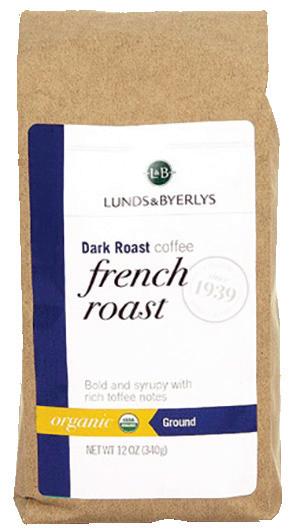





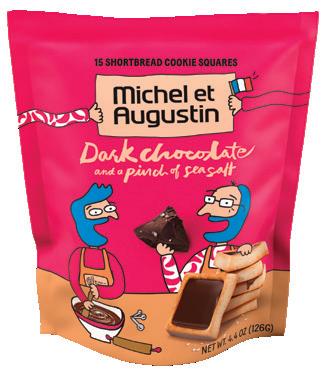
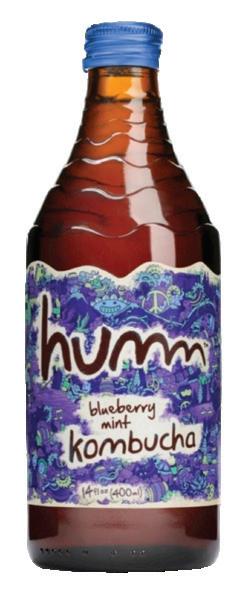
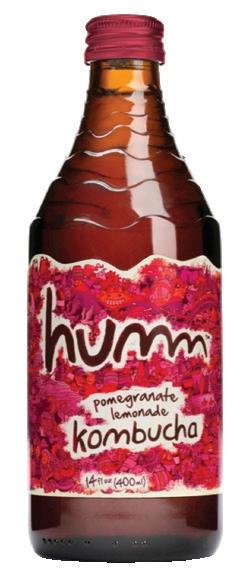

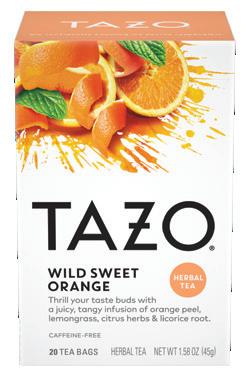

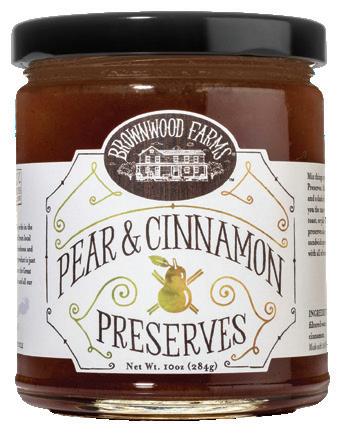
Kind Multipacks
KIND makes it easy to make good, wholesome, snack decisions — and take them with you. KIND products are made from nutritionally-dense ingredients like whole nuts, fruit and whole grains — no secret ingredients and no artificial flavors, preservatives or sweeteners.

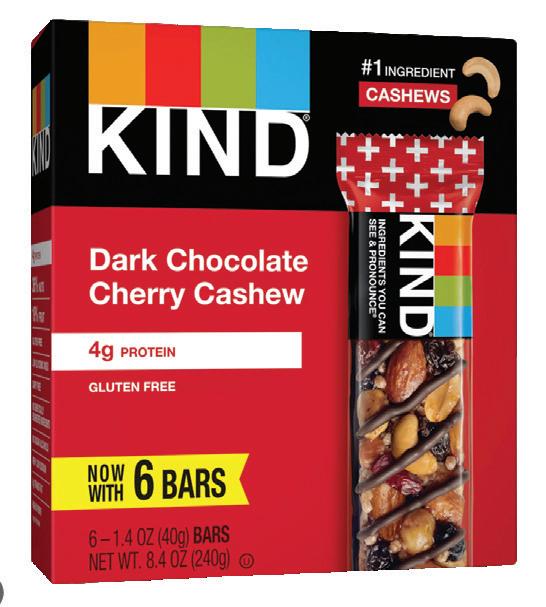
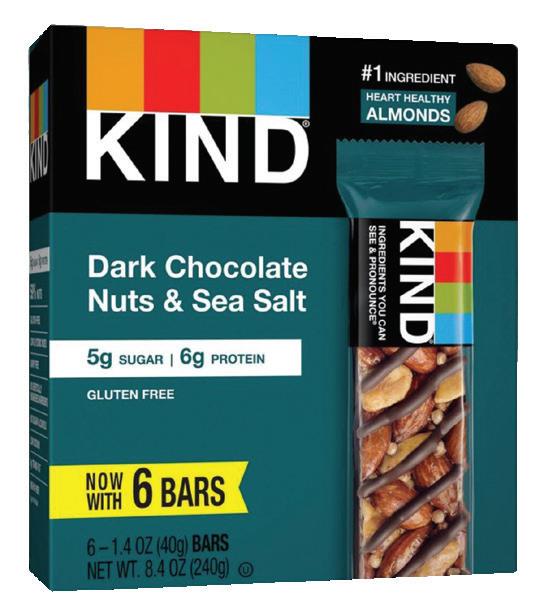
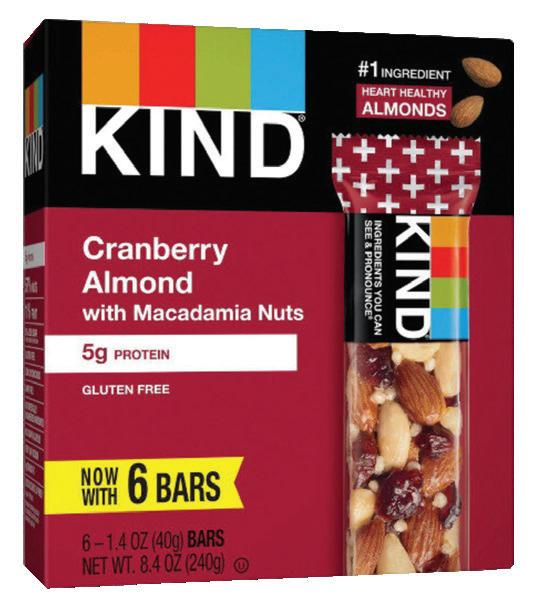
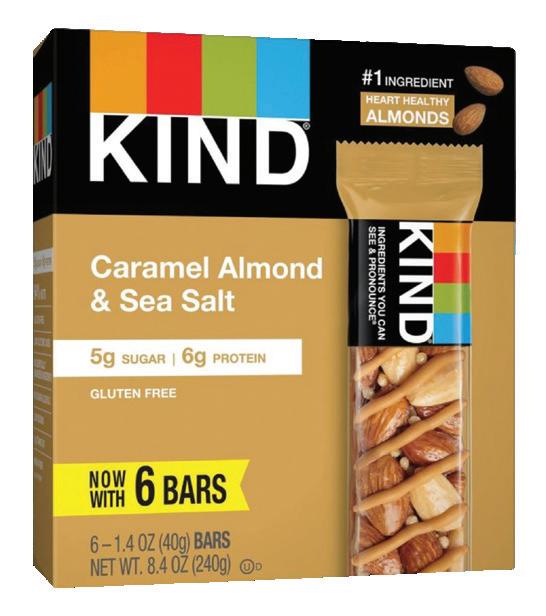
Purely Elizabeth Oatmeal
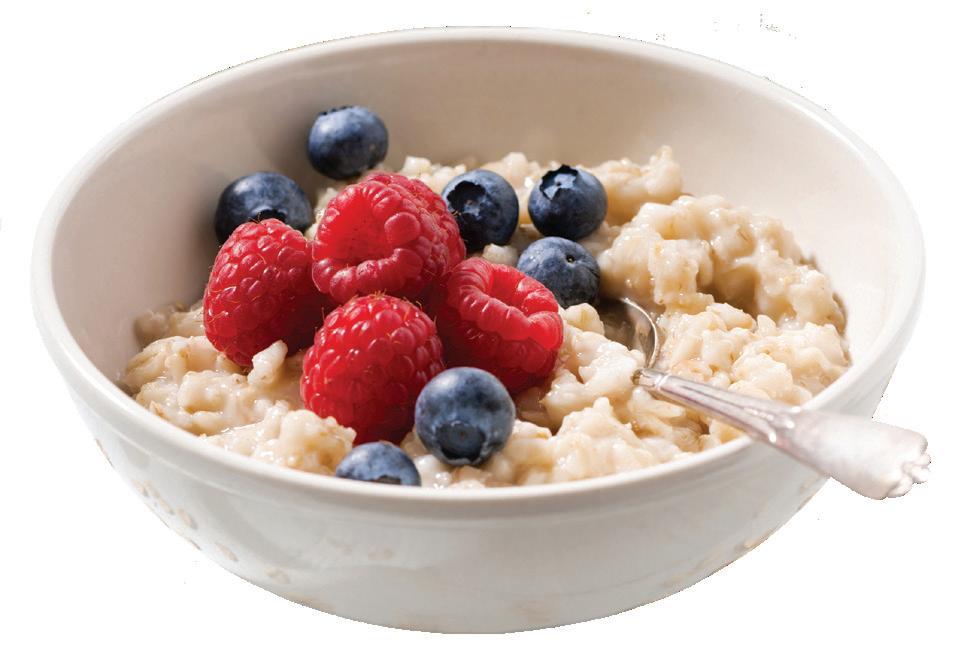
Purely Elizabeth makes classic, well-loved foods with nutrient-rich ingredients that nourish and energize your body. Each recipe is made with superfoods like quinoa, chia, millet, hemp and coconut oil to create foods with intention.
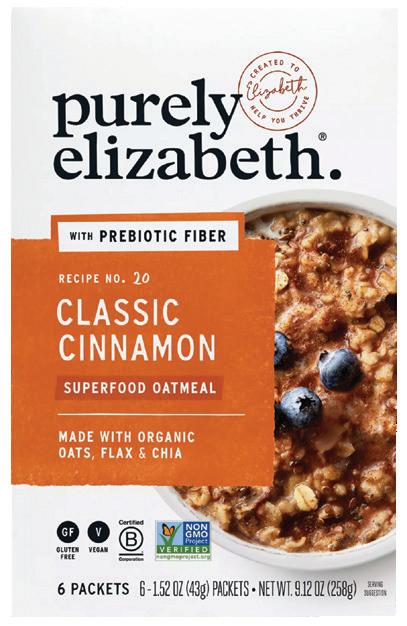

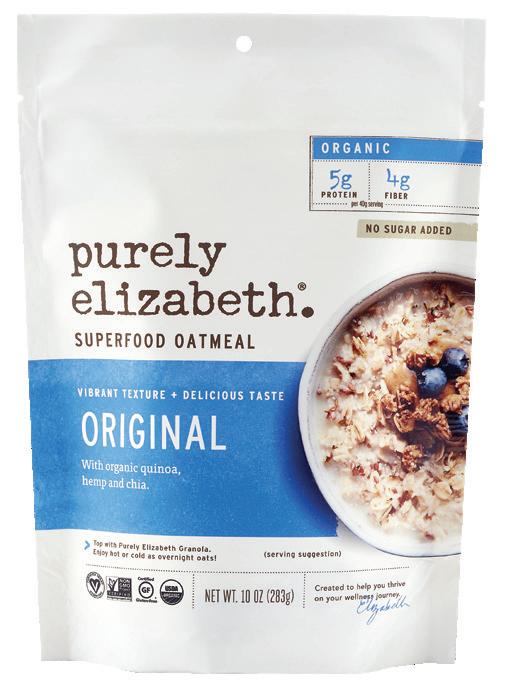
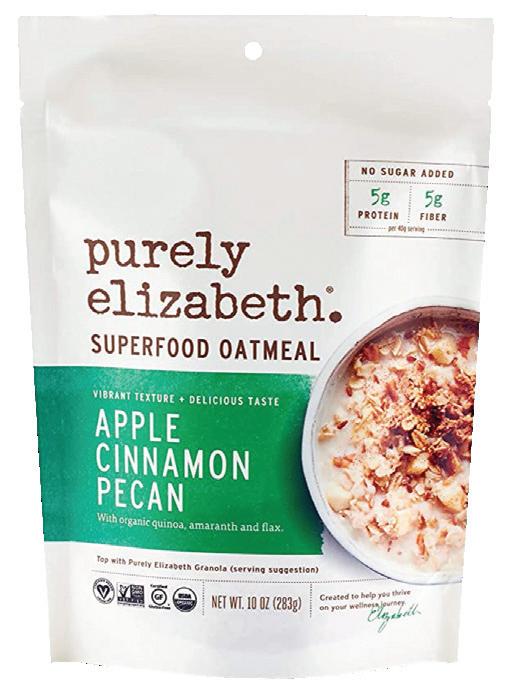


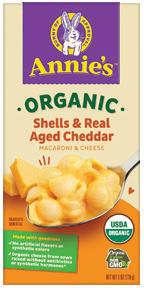
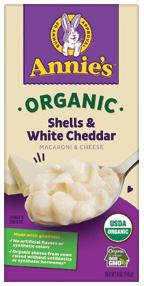
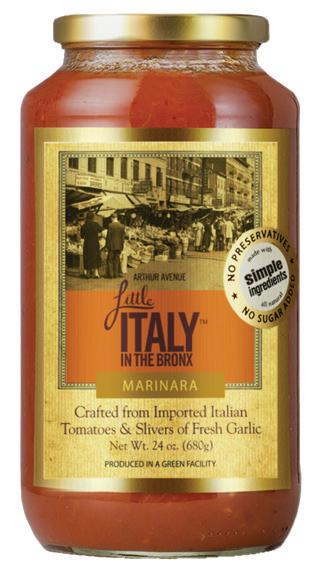
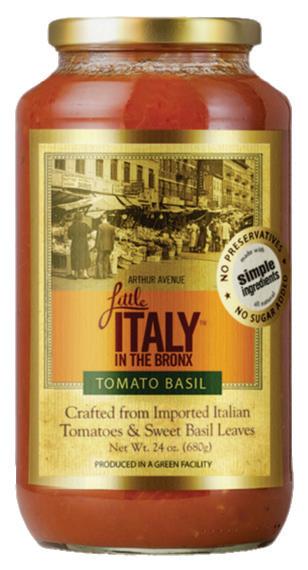

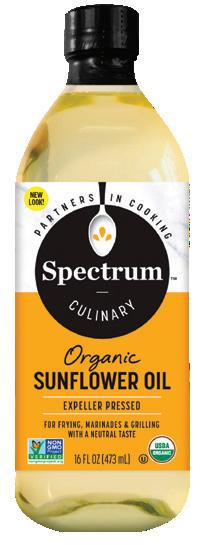
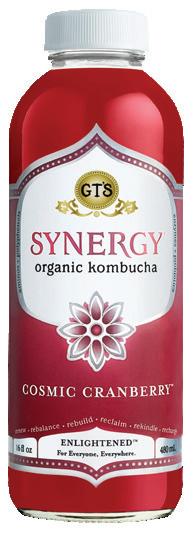
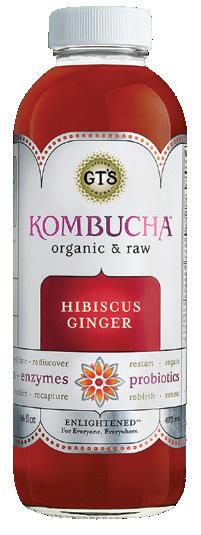


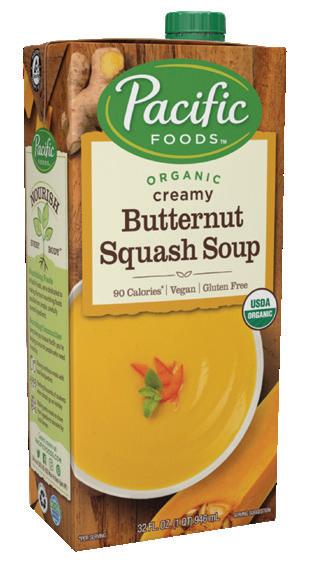
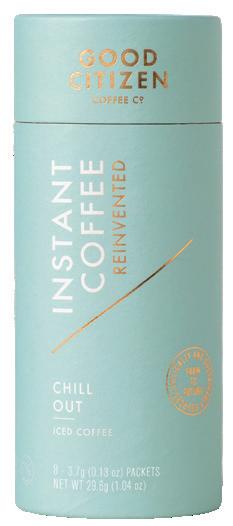
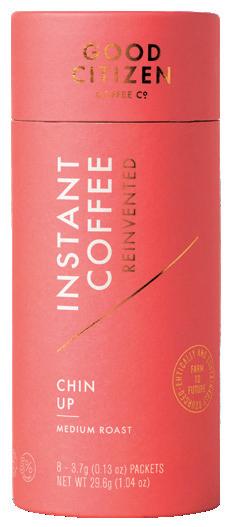
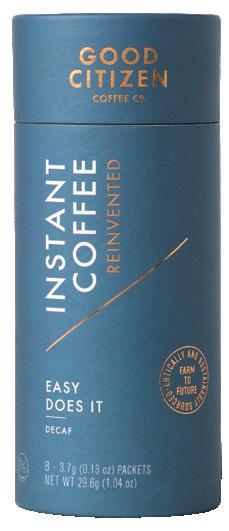
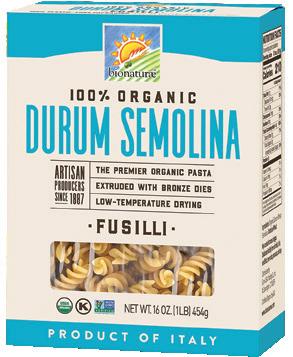
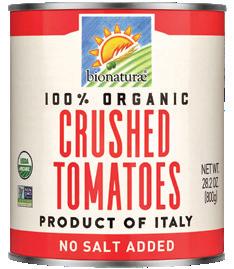


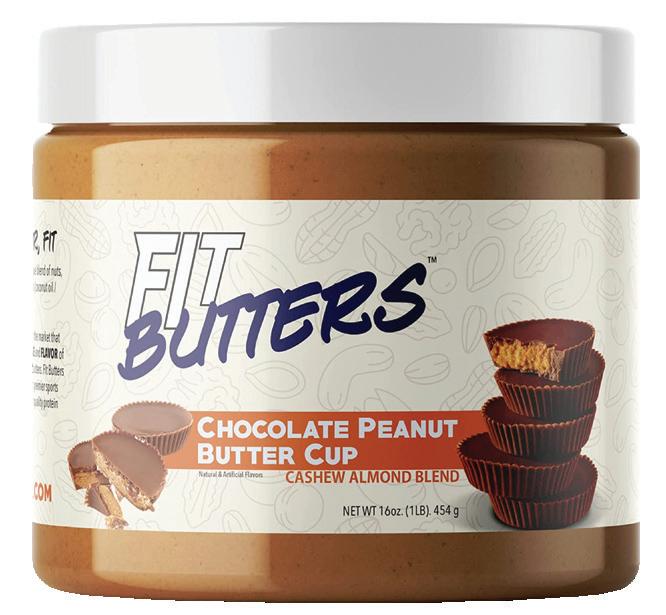
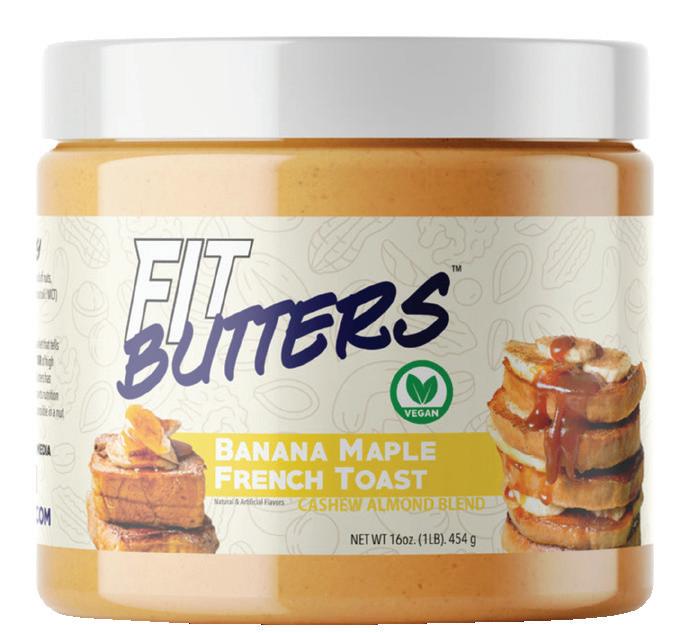
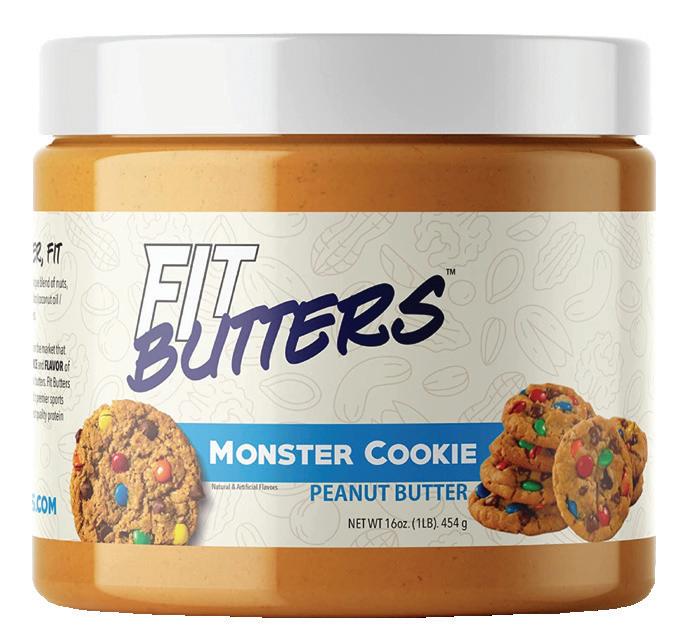



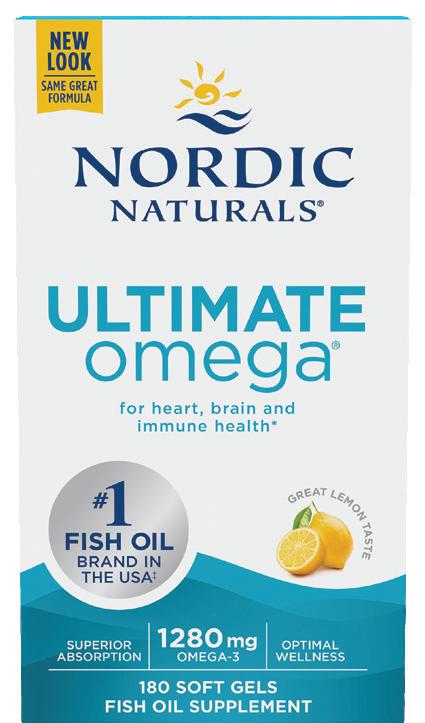
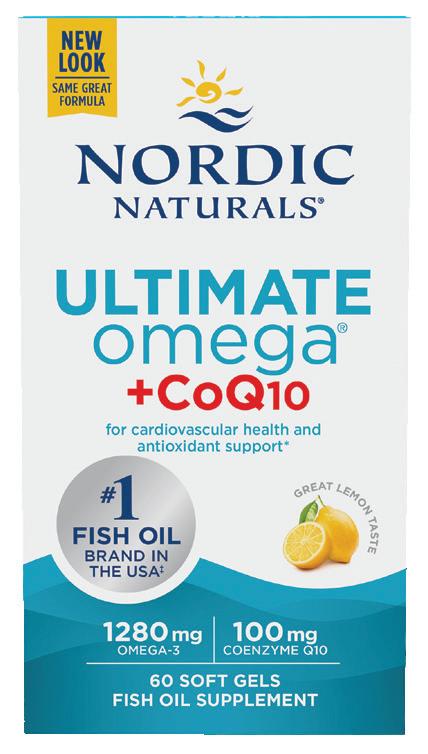
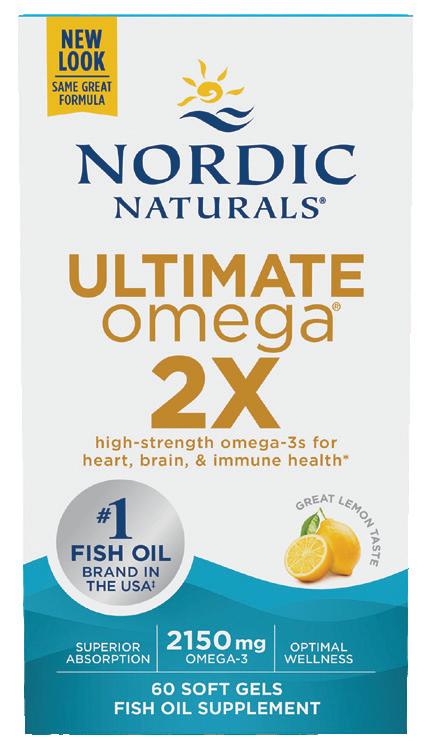
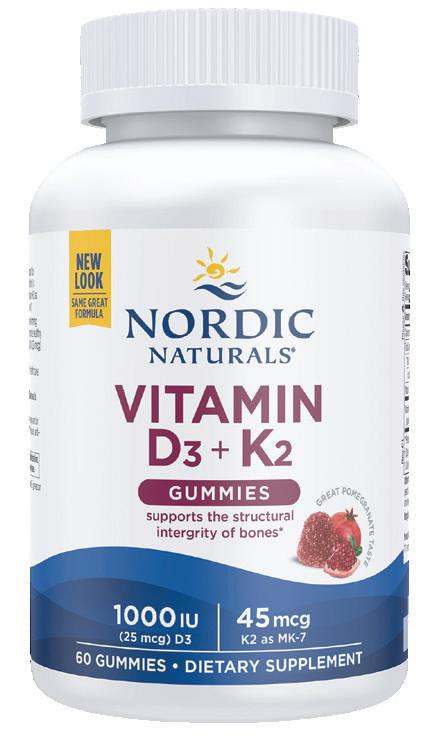
SPICY apps for game day
February finds football fans turning to the big screen to watch the teams play. But for some, the food’s as important as the game. Spice up the event with these appetizers that offer a touch of heat.

Jalapeños Stuffed with Spinach and Asadero Cheese
From The Mexican Vegetarian Cookbook by Margarita Carrillo Arronte ($54.95, Phaidon, 2022)
1 Tbsp corn oil
1 Tbsp minced onion ²⁄³ c (5 oz) cooked, drained (squeezed between your hands) spinach, chopped 5 oz asadero cheese, finely chopped ½ c low-fat cream cheese
Sea salt and black pepper 12 large jalapeño chiles, ready to be stuffed (recipe follows)
Banana leaf, to serve (optional)
1. Preheat oven to 350°.
2. Heat oil in a pan and sauté onion with spinach.
3. Once cooked, add cheeses. Season with salt and pepper to taste. Fill jalapeño chiles with cheese mixture, and place on a baking sheet lined with parchment paper.
4. Bake for 5 minutes. Arrange on a platter to serve, ideally on a piece of banana leaf, if desired.
Per serving: 169 Calories, 8 g Protein, 5 g Carbohydrates, 3 g Total sugars (1 g Added sugars), 1 g Fiber, 13 g Total fat (7 g sat), 228 mg Sodium, ★★★ Vitamin C, ★★ Calcium, Phosphorus, ★ Vitamin A, B2 (riboflavin), B6, B12, E, K
Preparing Jalapeno Chiles for Stuffing
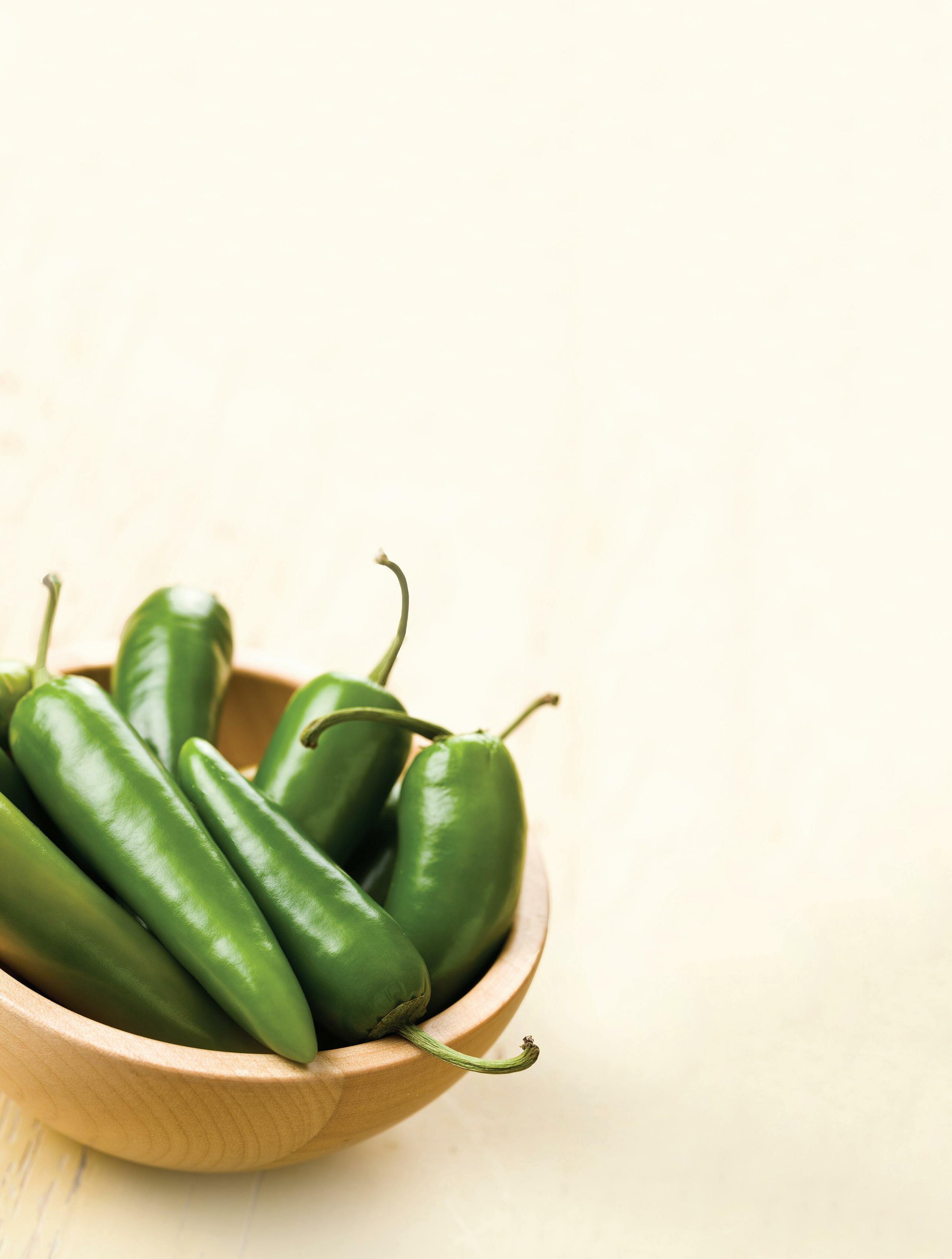
From The Mexican Vegetarian Cookbook by Margarita Carrillo Arronte ($54.95, Phaidon, 2022)
1. Rinse chiles and use a very sharp and pointed knife to make a T-cut lengthwise in each chile, with short part of T in widest part of chile. Open carefully and, using a pointed (grapefruit) teaspoon, scoop out membranes and seeds, being careful not to break chile.
2. Put all prepared chiles in a sauté pan and cover them with water. Add salt, sugar, and coffee and place over medium heat. Bring to a boil, lower heat and simmer for 10–15 minutes. Drain, rinse the chiles, and leave in a colander to drain off all liquid.
3. Store in refrigerator.
Quesadillas
From The Complete Modern Pantry by America’s Test Kitchen ($34.99, America’s Test Kitchen, 2022)
2 (8 inch) flour tortillas
2 oz Monterey Jack cheese, shredded (½ c), divided
1 Tbsp minced jarred jalapeños
Vegetable oil for brushing tortillas Kosher salt
1. Heat a 10-inch nonstick skillet over medium heat until hot, about 2 minutes. Place 1 tortilla in skillet and toast until soft and puffed slightly at edges, about 2 minutes. Flip tortilla and toast until puffed and slightly browned, 1 to 2 minutes longer. Slip tortilla onto a cutting board.
2. Repeat to toast second tortilla while assembling first quesadilla. Sprinkle ¼ cup of the cheese and half of jalapeños over half of toasted tortilla, leaving a ½-inch border around edge. Fold tortilla in half and press to flatten. Brush top generously with oil, sprinkle lightly with salt, and set aside. Repeat to form second quesadilla.
3. Place both quesadillas in skillet, oiled sides down; cook over medium heat until crisp and well browned, 1 to 2 minutes. Brush tops with oil and sprinkle lightly with salt to taste. Flip quesadillas and cook until second sides are crisp, 1 to 2 minutes.
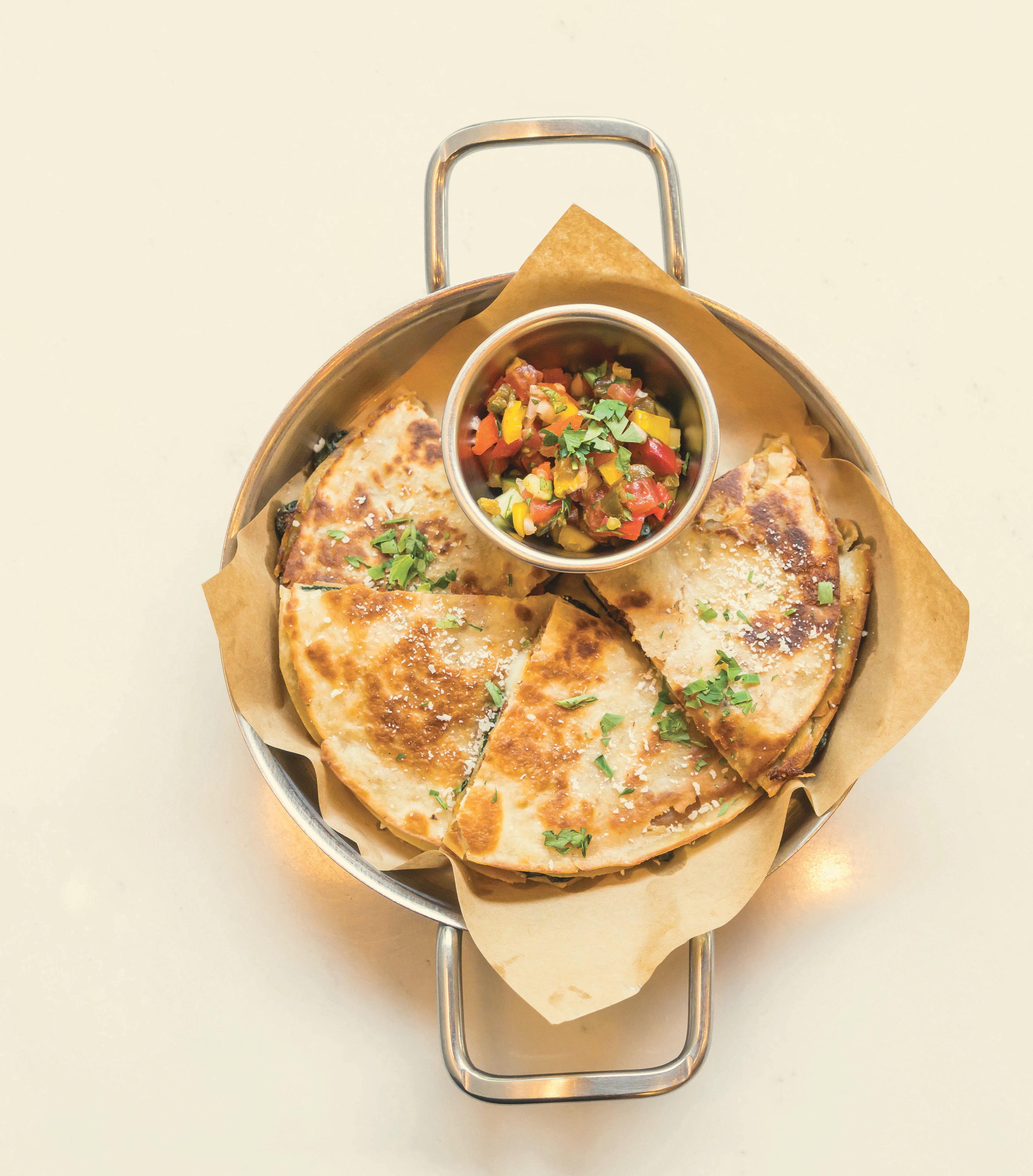
4. Transfer quesadillas to a cutting board and let cool for 3 minutes. Halve each quesadilla and serve.
Kitchen Note: The process of making these quesadillas has been made even more convenient by switching to small 8-inch tortillas and folding them in half around the filling. This allows you to cook two at one time in the same skillet, and the fold keeps the generous cheese filling from oozing out. Cooling the quesadillas before cutting and serving them is important; straight from the skillet, the melted cheese will ooze out. Pepper jack or Cheddar can be substituted for the Monterey Jack. Add canned beans, cooked shredded chicken, or roasted vegetables to the quesadillas with the cheese.
Per serving (serves 4): 136 Calories, 5 g Protein, 12 g Carbohydrates, 1 g Total sugars (0 g Added sugars), 1 g Fiber, 7 g Total fat (3 g sat), 267 mg Sodium, ★ Vitamin B1 (thiamine), Calcium, Folate, Phosphorus
25 min prep time makes 2 folded 8-inch quesadillas
60 min prep time + overnight marinate time serves 6
Spicy Ginger and Orange–Glazed Chicken Wings
From Lorena Garcia’s New Latin Classics by Lorena Garcia and Raquel Pelzel ($32.50, Ballantine Books, 2011)
½ c fresh orange juice
¼ c hoisin sauce
3 Tbsp fresh lemon juice (from 1 lemon)
1 Tbsp canola oil
¼ c sugar
3 garlic cloves, very finely minced
1 (2 inch) piece fresh ginger, peeled and very finely chopped (about 2 Tbsp)
2 lb chicken wings
3 scallions, white and light green parts only, thinly sliced
1. Pour orange juice, hoisin sauce, lemon juice, and oil into a gallon-size resealable plastic bag. Add sugar, garlic, and ginger. Seal and vigorously shake to combine. Add chicken wings and turn to coat in marinade. Seal bag and refrigerate overnight or up to 3 days.
2. Preheat oven to 400°. Line a rimmed baking sheet with aluminum foil.
3. Remove wings from bag and place them on baking sheet. Roast wings until deep golden brown and shiny, about 45 minutes. Remove them from oven and let cool for 5 minutes. Transfer chicken wings to a serving platter, sprinkle with scallions, and serve.

Kitchen Note: Easy, juicy, and gingery chicken wings are just the thing for entertaining a crowd. A sprinkle of fresh scallions just before serving gives the wings a welcome freshness and sharp flavor. These are best served as an appetizer or alongside other finger foods. Note that the wings need to marinate overnight or up to three days to reach their maximum flavor potential. You can also marinate them and then freeze them in a gallon-size resealable plastic freezer bag: Thaw completely in the refrigerator and they’re ready for roasting.
Per serving: 383 Calories, 27 g Protein, 17 g Carbohydrates, 13
g Total sugars (8 g Added sugars), 1 g Fiber, 23 g Total fat (6 g sat), 301 mg Sodium, ★★★★★ Vitamin B3 (niacin), B6, ★★ Phosphorus, ★ Vitamin B2 (riboflavin), B12, C, E, K, Zinc
Spiced Fruit Batons
From The Mexican Vegetarian Cookbook by Margarita Carrillo Arronte ($54.95, Phaidon, 2022)
2 cucumbers, peeled, seeded, and halved lengthwise
1 small pineapple, peeled, halved lengthwise, core removed
1 jícama, peeled Juice of 6 limes
1 tsp sea salt
1 c peeled peanuts
2–4 árbol chiles, dry-roasted
1. Cut cucumbers, pineapple, and jícama into 3-inch batons and arrange in a single layer in a wide dish. Add lime juice and sprinkle over salt. Cover dish and refrigerate for at least 30 minutes, turning batons from time to time to soak them in lime juice.

2. Toast peanuts in a dry pan over medium heat for 15 minutes, stirring continuously, until completely golden. Add to a food processor or blender with chiles, and process to a powder (not to a paste). Sprinkle peanut powder over two-thirds of the fruit batons.
3. Arrange batons upright in a glass bowl or put them on a dinner plate with peanut powder on the side.
Per serving: 294 Calories, 9 g Protein, 45 g Carbohydrates, 21 g Total sugars (0 g Added sugars), 12 g Fiber, 13 g Total fat (2 g sat), 328 mg Sodium, ★★★★★ Vitamin C, ★★ Vitamin B1 (thiamine), B3 (niacin), B6, Folate, Magnesium, Phosphorus, ★ Vitamin B2 (riboflavin), E, K, Iron, Potassium, Zinc


Spicy Shrimp Salsa
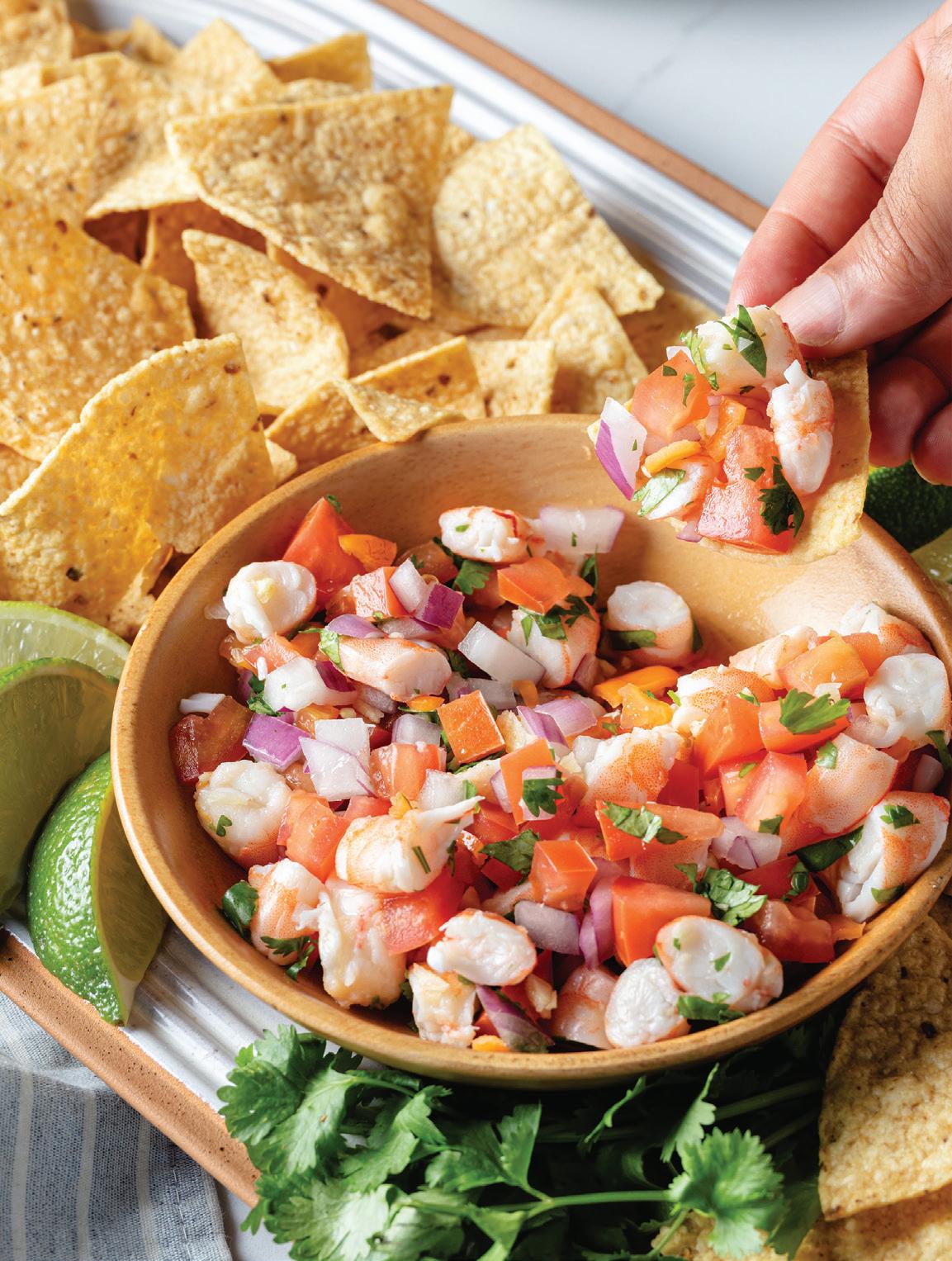 Recipe adapted by Chili Pepper Madness
Recipe adapted by Chili Pepper Madness
INGREDIENTS:
1 pound cooked shrimp, tails removed, chopped into ½-inch pieces
3 Roma tomatoes, medium diced
1 medium red onion, small diced
3 garlic cloves, minced
1 habanero pepper, small diced
1 cup chopped cilantro leaves and stems
1 Tbsp avocado oil
2 limes, juiced
1 orange, juiced Kosher salt, to taste
DIRECTIONS:
In a large mixing bowl, gently mix all ingredients with a rubber spatula until fully combined. Salsa can be made a day ahead of time, stored in an airtight container in the refrigerator and will keep for 3 to 5 days.
L&B Gone Fishin’ Seasoning — This salt-free fish seasoning is great on mild fish, such as walleye, sea bass, trout and cod, but can also be used for salmon. It’s a unique blend of citrus, brown sugar, honey, onion and garlic. Lemon and dill flavors also shine on vegetables and other proteins.
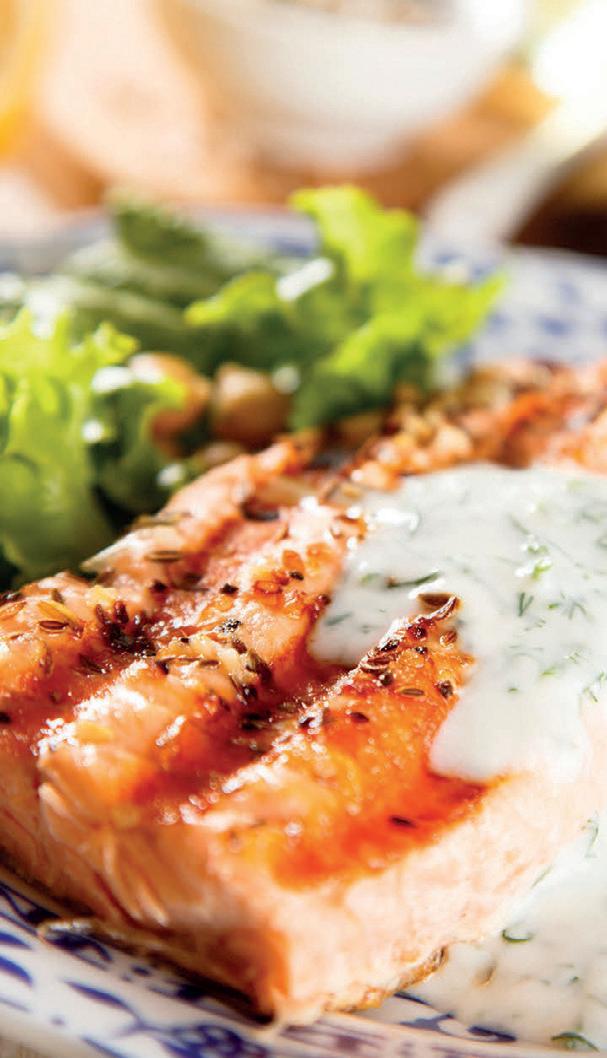
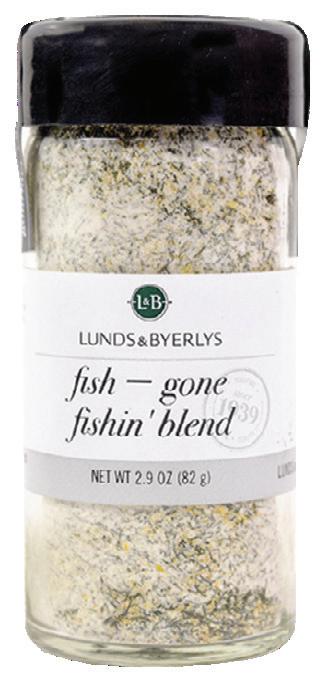
Ideas & Solutions — Other than fish, use this seasoning blend to make a lemon dill butter for your entrée. It’s also great on chicken or sprinkled on burgers. Try it in a lemon chicken soup or a creamy potato soup. You can even try it on vegetables and potatoes or use as the flavor in a seasoned sour cream.

fitting in fitness
make time to work out
While being the mother of two is the world’s greatest excuse to not exercise, my children became the main reason I started doing it. Since making a commitment to exercising regularly, I’ve discovered many creative ways to get moving and stay moving. Here are some tips that have really worked for me.

A Sign up for a road race. Many races are designed for all levels, from walkers to runners. My children and I did one in which I pushed my son in a stroller and my daughter alternated between walking and running. Bonus: A lot of races benefit local charities.
B Turn on the tube! Fitness channels abound on TV. Make room for your child to “work out” alongside you. Borrow exercise DVDs from the library. The Internet is another great source.
C Play with your kids. Soccer, basketball, tennis, and riding bikes are great cardio options. When I coached my daughter’s kindergarten soccer team, I tried to do every practice drill with the kids. That included dribbling exercises, jumping, sprinting, relay races, and scrimmages. My heart rate always rocketed into fatburning levels, and I logged at least 4,000 steps in each 45-minute practice.
D Start small. A marathon may be too much to bite off, so set small goals to start. Park as far away as possible from the store and walk the extra distance. Take a single bag of groceries in from your car, then repeat. Work in squats while you fold laundry. During TV commercials, do leg lifts, planks, or crunches.
E Keep track. I received a fitness tracker as a gift two years ago, and this was a final game-changer. This wristband records daily steps, heart rate, and calorie count. The statistics have been motivating. I can also challenge friends and family members to competitions using tracker technology. ●

Active at any age
Being active in the retirement years and beyond is crucial to reducing the risk of falling, keeping weight under control, and enhancing your mental health. Here are some things to remember if you want to increase your workouts in your golden years:

• Older adults can do anything younger people can do, but perhaps not with the same intensity. Doing biceps curls with two-pound weights can be as effective as doing so with twenty-pounders. Getting your heart rate up by walking around the mall can be as beneficial as running a mile.
• Exercises that build balance, body awareness, coordination, flexibility, and strength are just what elders need. Doing squats may make it easier to pick things up off the floor and doing wall slides is good practice for getting out of chairs.
• Both physical fitness and a sense of community are important to maintain as we age. Find ways to combine the two, such as finding a walking buddy or starting a walking or birdwatching group.
protect your vision supplements to support eye health

With every year that passes, your chances for vision loss go up. By age 65, one in every eight adults will experience at least some compromised vision. The top causes of impaired vision include cataracts, age-related macular degeneration, glaucoma, and diabetic retinopathy. Here’s how you can help preserve your eyesight.
Cataracts
The clouding of the lens of the eye, which is the calling card of cataracts, is the top cause of correctable reduced vision. Antioxidants offer protection against the development and progression of cataracts. Topping the list are vitamins C and E and the carotenoids lutein and zeaxanthin. According to early studies, riboflavin (vitamin B2) may also help.
Age-related macular degeneration
Age-related macular degeneration (AMD), a leading cause of blindness, is a progressive disorder affecting the central part of the retina, called the macula. As with cataracts, the carotenoids lutein and zeaxanthin are heavy lifters here. The omega-3 fatty acids in fish oil also merit mention. Diets that include fish regularly, as well as this nutrient in supplement form, guard against AMD and can sometimes help certain people regain lost vision.
Glaucoma
If you’re over 60, you’re at high risk of glaucoma—the condition that increases pressure in the eye, which can result in blindness. Supplementing with the omega-3 fatty acid docosahexaenoic acid (DHA) has been shown to reduce pressure in the eye, based on research in a population who already had glaucoma. In
addition, plenty of vitamin C is linked to protection from developing glaucoma.
Diabetic retinopathy
People with diabetes (both Type 1 and Type 2) are at higher risk of diabetic retinopathy. Blood sugar levels under tight control is the most important way to minimize the risk of this vision hazard. A few supplements can provide support, and once again several antioxidants (including lutein) claim top billing for being beneficial for diabetic retinopathy. In one study, a daily antioxidant supplement that included vitamin E and coenzyme Q10 improved eye health. ●
SELECTED SOURCES “The age-related eye disease 2 study: Micronutrients in the treatment of macular degeneration” by A. Gorusupundi, Advances in Nutrition, 1/17/17 • “The association between dietary intake of antioxidants and ocular disease” by A. Braakhuis et al., Diseases, 1/30/17 • “Circulating levels of reactive oxygen species in patients with nonproliferative diabetic retinopathy and the influence of antioxidant supplementation…” by D. Domanico et al., Indian Journal of Ophthalmology, 1/15 • “Effect of lutein supplementation on visual function in nonproliferative diabetic retinopathy” by P.C. Zhang et al., Asia Pacific Journal of Clinical Nutrition, 5/17 • “Effects of oral supplementation with docosahexaenoic acid (DHA) plus antioxidants in pseudoexfoliative glaucoma…” by S. Romeo Villadóniga et al., Journal of Ophthalmology, 9/17/18 • “What do we know about the macular pigment in AMD…” by R. Arunkamar et al., Eye, 5/18
Victoria Dolby Toews, MPH, is a journalist specializing in evidencebased, integrative medicine. She received her Master of Public Health degree from OHSU-PSU School of Public Health. She is the author or coauthor of numerous books.

Keep Your Eye On Symptoms
Worried you may have an undiagnosed age-related eye condition? Read the following symptoms to see if you need to get your vision checked:
• Reading material held very closely or at an angle
• Changes in writing quality
• Overfilling glasses when pouring a drink

• Spilling food and difficulty cutting food
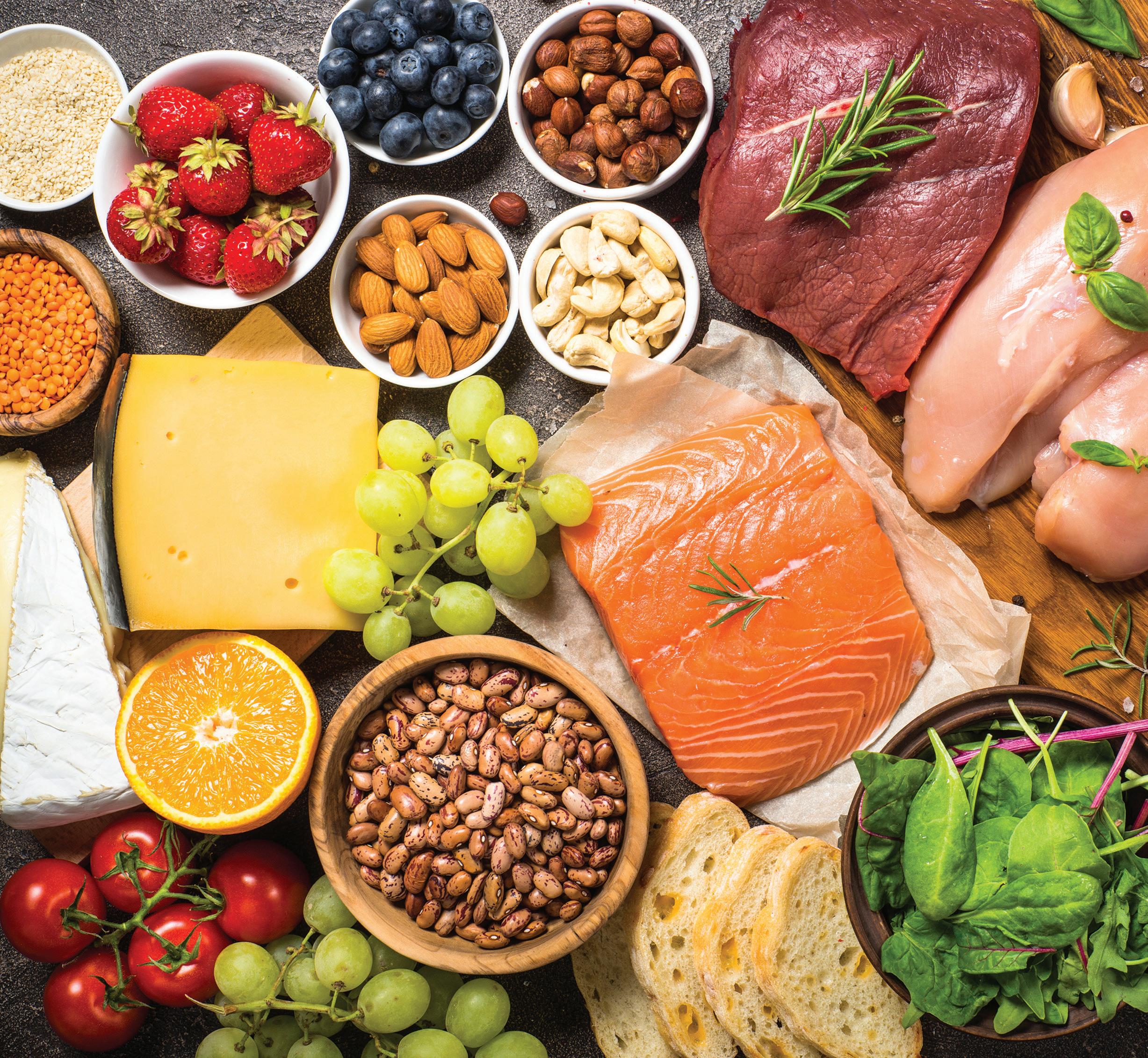
• Complaints that the lighting is always too poor to see properly
• Difficulty quickly identifying faces or objects
• Mis-reaching when trying to pick up an item
• Bumping into things
• Shuffling when walking or stepping hesitantly
• Walking up and down stairs more cautiously than before
goal: healthy cholesterol levels
protect yourself from this cardiovascular risk factor
Cholesterol level checks are a routine part of annual physicals, allowing healthcare providers to measure patients’ low-density lipoproteins (LDL), which cause cholesterol buildup and artery blockage, and high-density lipoproteins (HDL), which help prevent cholesterol buildup.

Ways to manage cholesterol levels
The goal is to lower levels of both total and “bad” LDL cholesterol while raising “good” HDL cholesterol. Total cholesterol higher than 200mg/ dL, LDL cholesterol higher than 100 mg/dL, and/or HDL cholesterol below 60 mg/dL may be cause for concern, especially if you have other risk factors, such as diabetes, obesity, or a family history of heart disease.
Healthy cholesterol numbers are associated with lower intake of saturated fat, higher intake of soluble fiber, maintaining a healthy body weight, exercising regularly, monitoring blood pressure levels, and not smoking. Lipid-lowering statin drugs are often prescribed to lower cholesterol in those for whom lifestyle changes are not working.
Plant-based help. Supplements show promise in helping to keep cholesterol numbers in a healthy range: Plant sterols, which are compounds found naturally in many plants, may help to lower cholesterol when included in the diet or as a supplement. Stanols, other plant compounds, offer similar heart benefits and are also available as supplements.
Besides its popularity in cuisine, garlic has found a place in cholesterol-lowering supplements. A metaanalysis of randomized, controlled trials points to garlic’s effectiveness at lowering blood pressure and regulating total and LDL cholesterol. The herbs ginger and curcumin may help to decrease total cholesterol, triglycerides, and LDL cholesterol while increasing HDL cholesterol.
The citrus fruit bergamot, also called bergamot orange—and not to be confused with the herb of the same name in the bee balm family—is the substance
used to flavor Earl Grey tea. Following up on reports that it has cholesterol-lowering effects, researchers who studied the fruit extract and its principal components suggest that it works by inhibiting the synthesis and absorption of cholesterol.
Another supplement to consider is a compound called beta glucan, found in yeast, medicinal mushrooms, and oats. Beta glucans bind with cholesterol in your body and get rid of it.
Study data on the soluble fiber psyllium shows that adding it to a statin regimen resulted in LDL cholesterol reduction “equivalent to doubling the statin dose,” according to a meta-analysis in the American Journal of Cardiology.
Diet. In her analysis of studies on diet and cholesterol, Francine K. Welty, MD, PhD, an associate professor of medicine at Harvard Medical School, recommends the Mediterranean diet because it contributes to lowering incidence of cardiovascular disease. She also notes that “omega-3 fatty acids lower triglyceride, reduce CVD, and prevent coronary plaque progression.”
To keep cholesterol levels in a healthy range, the American Heart Association (AHA) recommends minimizing sugar and red meat intake and eating more of these healthy foods:
et al.,
9/21
“Dietary treatment
lower cholesterol and triglyceride and reduce cardiovascular risk” by F.K. Welty, Current Opinion in Lipidology, 8/20 • “The effect of oat beta glucan on LDL-cholesterol, non-HDL-cholesterol, and apoB for CVD risk reduction: A systematic review and meta-analysis of randomized controlled trials” by H.V. Ho et al., 10/16; “LDL-cholesterol-lowering effect of plant sterols and stanols across different dose ranges: A meta-analysis of randomized controlled studies” by R.T. Ras et al., 7/28/14, British Journal of Nutrition • “Effects of . . . ginger consumption on markers of glycemic control, lipid profile, oxidative stress, and inflammation in Type 2 diabetes patients” by P. Azimi et al., Review of Diabetes Studies, 2014 • “Garlic lowers blood pressure . . . regulates serum cholesterol . . .” by K. Ried, Journal of Nutrition, 2/16 • “High blood cholesterol: What you need to know,” National Heart, Lung, and Blood Institute, www.nhlbi.gov • “LDL-cholesterol lowering of plant sterols and stanols . . .?” by E.A. Trautwein et al., Nutrients, 9/18 • “Metaanalysis of usefulness of psyllium fiber . . . to enhance cholesterol lowering efficacy of statins” by J. Brum et al., American Journal of Cardiology, 10/18 • “Plant sterols and plant stanols in the management of dyslipidaemia and prevention of cardiovascular disease” by H. Gylling et al., Atherosclerosis, 2/14 • “Spices and herbs may improve cardiovascular risk factors” by S.G. West and A.C. Skulas-Ray, Nutrition Today, 11/15 • “What is cholesterol?” American Academy of Nutrition and Dietetics, www.EatRight.org, 4/21

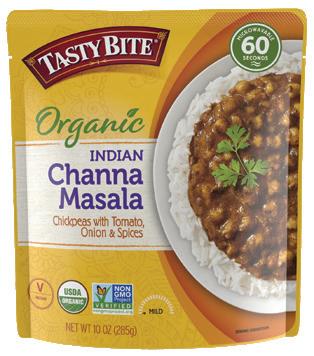







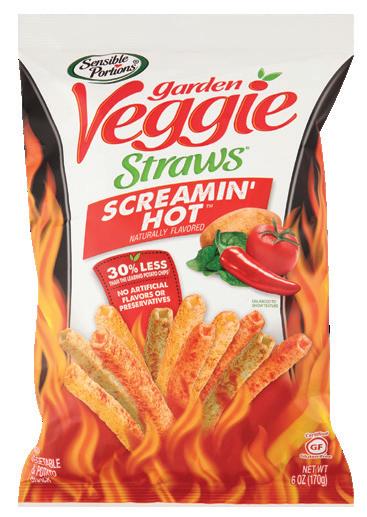
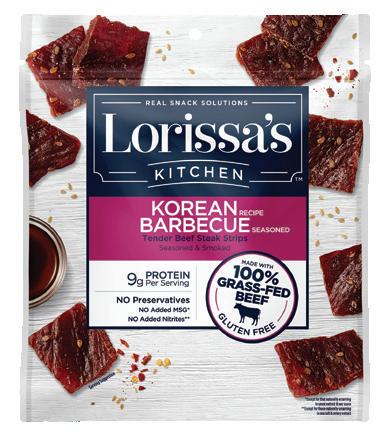
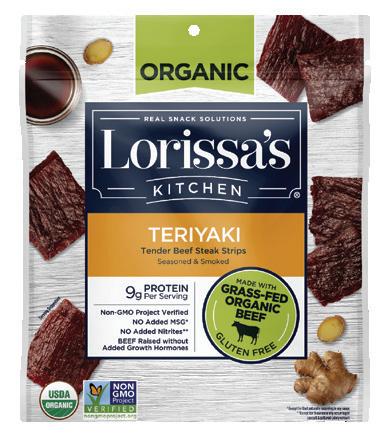
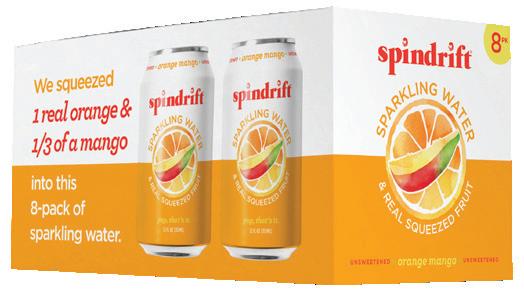
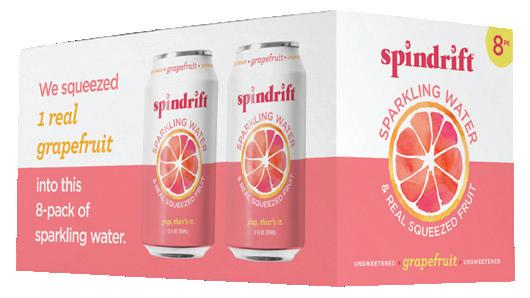


Daiya Deluxe Mac & Cheese Dinners

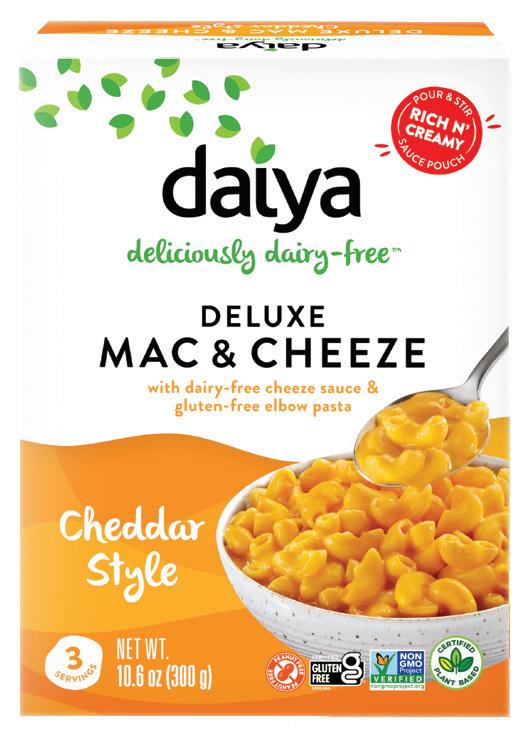

Whether you suffer from allergies, are dairyintolerant or living a vegan lifestyle, Daiya makes dairy-free eating a joy. These plant-based alternatives provide the delicious characteristics you desire.
Xochitl Corn Chips
You can never go wrong with original or traditional Xochitl Chips. Both are thin, crispy, natural and Kosher. Use them in a nacho dish, pair them with our famous salsas or eat them right out of the bag.

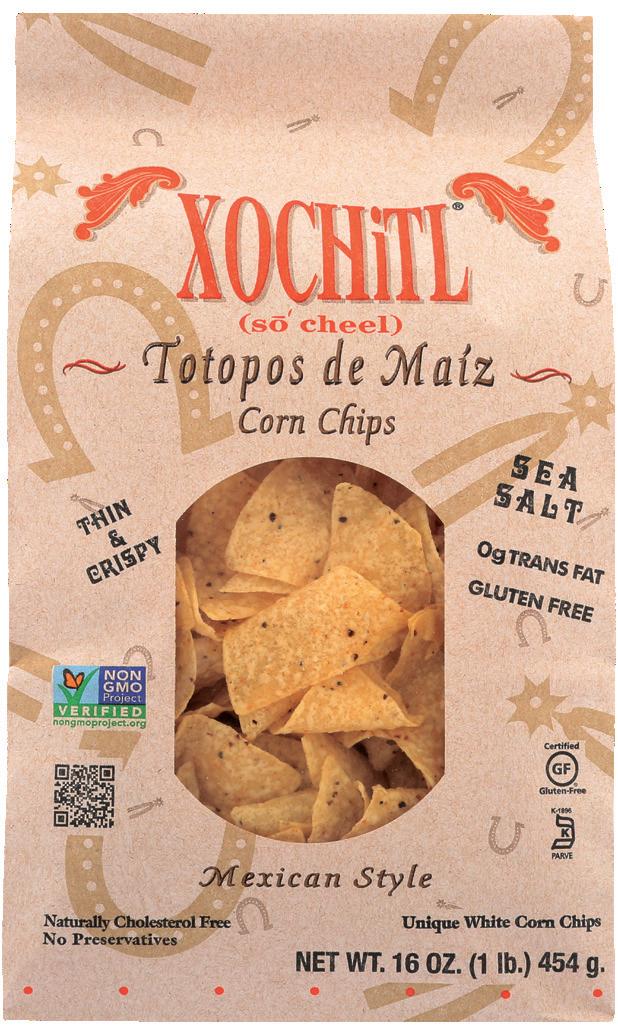
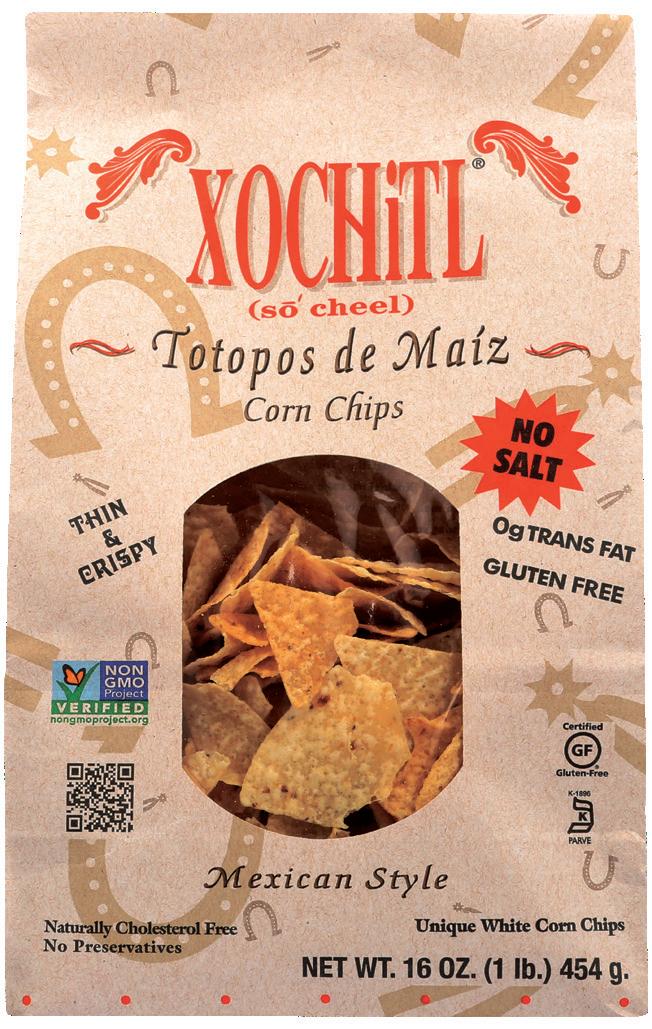
twice as nice
cooking for two
Some people love leftovers. Others can’t stand the thought of having the same meal again. No matter how you feel about enjoying the same dish twice in a row (or more!), sometimes you want to make something once, eat it, and be done.
This is where cooking in smaller amounts comes in handy. Here are some tips on tailoring meals for smaller serving sizes.

✔ Look for single-serve packaging, which allows you to use a small amount of an item and keep the remainder of it sealed. Cooked rice, yogurt, applesauce, and sliced fruit can all be found packaged this way.
✔ Most recipes tailored for smaller serving sizes require just a few ounces of vegetables. Consider purchasing precut cubes or florets. You’re less likely to toss leftover amounts, and you’ll also save in prep time.
✔ When cooking for two, you seldom need an entire bunch of an herb. Replace a fresh variety with a dried version. Fresh rosemary, sage, and thyme are herbs that can easily be swapped out for their dried counterparts. Replace the fresh amount called for with a third the amount of dried.
✔ Try cooking with a shallot instead of having to cut up a whole onion. When you need onion flavor, a medium shallot yields a few tablespoons, often the perfect amount needed for two servings.
✔ Prep and freeze garlic cloves and fresh ginger to have on hand when needed. Storebought versions sold in jars and tubes also work well when you need just a little.
✔ Try recipes that have been developed for two serving sizes. They address the need for smaller ingredient amounts and equipment sizes.
✔ Prepackaged meat often comes in too large an amount for just two people. Purchase from the meat and seafood counters instead to customize the amount of protein you need. ●
Sweet Potato and Peanut Soup

From Vegan Cooking for Two by America’s Test Kitchen ($34.99, America’s Test Kitchen, 2022)
2 tsp vegetable oil 1 small onion, chopped fine
1 small red bell pepper (4 oz), chopped fine
2 garlic cloves, minced
½ tsp ground coriander ⅛ tsp cayenne pepper (optional)
2 c low-sodium vegetable broth, plus extra as needed
1 lb sweet potatoes, peeled and cut into ½-inch pieces
½ c dry-roasted unsalted peanuts, chopped coarse, divided ⅛ tsp table salt
2 Tbsp chopped fresh cilantro
40 min prep time serves 2
1. Heat oil in a large saucepan over medium heat until shimmering. Add onion and bell pepper and cook until softened, 3 to 5 minutes. Stir in garlic, coriander, and cayenne (if using). Cook until fragrant, about 30 seconds.
2. Stir in broth, scraping up any browned bits. Stir in potatoes, ¼ cup of the peanuts, and the salt. Bring to a simmer, partially cover, and cook until sweet potatoes are tender, 10 to 15 minutes.
3. Process sweet potato mixture in a blender until smooth, about 2 minutes, scraping down sides of blender jar as needed. Return soup to now-empty saucepan and return to a brief simmer over medium heat. Adjust consistency with extra hot broth as needed. Off heat, season with salt and pepper to taste. Top individual portions with cilantro and remaining peanuts before serving. (Soup can be refrigerated for up to 3 days.)
Kitchen Note: This soup, inspired by the peanut and sweet potato soups beloved throughout several West African cuisines, proves that the humble sweet potato is actually a peanut’s perfect mate. The combination of the sweet potatoes’ starchy sweetness and the peanuts’ toasty, nutty crunch is hard to beat. If you don’t have a blender, an immersion blender or a food processor will also work. You can substitute other root vegetables, such as carrots or yams, or winter squash, such as butternut or sweet pumpkin, for the sweet potatoes. Substitute other fresh herbs such as tarragon, chives, or parsley, for the cilantro.
Per serving: 496 Calories, 15 g Protein, 63 g Carbohydrates, 17 g Total sugars (0 g Added sugars), 13 g Fiber, 23 g Total fat (3 g sat), 319 mg Sodium, ★★★★★ Vitamin A, B6, C, ★★★★ Vitamin B1 (thiamine), B3 (niacin), Phosphorus, ★★★ Vitamin E, Folate, Magnesium, ★★ Vitamin B2 (riboflavin), Iron, Potassium, Zinc, ★ Vitamin K, Calcium
natural fat burners
herbs and supplements to help you tip the scale
While many medical practitioners urge caution when it comes to taking diet pills (or believing the claims of their makers), the good news is that some herbs, spices, and botanicals can safely complement healthy lifestyle changes to help you meet your weight loss goals.
If used correctly and in consultation with a healthcare provider, they can function as part of a holistic weight-maintenance program.
Green tea
Green tea (like the black, white, and oolong varieties) has three key ingredients for helping you lose weight: A low level of caffeine acts as a stimulant; L-theanine, an amino acid, works to send your brain the message that you’re not hungry; and antioxidants trigger your metabolism and help keep fatty acids from accumulating in your fat cells.

In studies, people who drank green tea or ingested a green tea extract saw a significant decrease in weight and body mass compared to those in control groups. Research is varied, but daily consumption of green tea that delivers 100 to 460 milligrams (mg) of epigallocatechin gallate (EGCG), a beneficial plant compound and antioxidant, for 12 weeks or more shows greater effectiveness on fat and weight reduction.
Cayenne pepper
Cayenne adds a spicy zing to many cuisines. As a medicine, it’s been used to lessen pain, reduce hunger, and relieve digestive and circulatory problems. Research indicates that cayenne may reduce hunger, regulate blood sugar levels, help burn body fat, and facilitate weight loss. Take it in capsule form or sprinkle a little (or a lot!) on your food.
Psyllium
A soluble fiber derived from the herb Plantago ovata, psyllium can help lower cholesterol, relieve intestinal problems, and regulate blood sugar levels. One study found a favorable effect of psyllium on bodyweight reduction and satiety—it works by making you feel fuller and therefore less hungry. For the best effect, take it 30 minutes before meals. Be sure to drink plenty of water with psyllium. ●
Prebiotics & Probiotics

An imbalance of gut flora caused by too few healthy bacteria, or an overgrowth of bad bacteria and yeast, can negatively affect weight, and overweight people tend to have less diverse microbiomes than lean people. The good news is that probiotics and prebiotics can both enhance the gut microbiome and help people shed fat.
In a randomized, double-blind, placebocontrolled trial, overweight adults, ages 20 to 75, with body mass indexes ranging from 25 (overweight) to 35 (obese), received either a placebo, a low dose of Lactobacillus gasseri BNR17, or a high dose of that probiotic for
12 weeks. Those who took the high dose significantly decreased their visceral adipose tissue (this is the fat you can’t see that wraps around vital organs and contributes to disease). Waist circumferences were significantly decreased in both groups taking the probiotics. You can find probiotic bacteria in live-culture yogurt and kefir and fermented foods such as sauerkraut and kimchi. Apples, bananas, oats, garlic, and onions are among the many foods that are rich in prebiotic fiber. Prebiotics and probiotics are widely available as nutritional supplements; “synbiotics” refers to supplements that contain both probiotics and prebiotics.
Valentine’s Day word search


Endangered Species Chocolate Bars


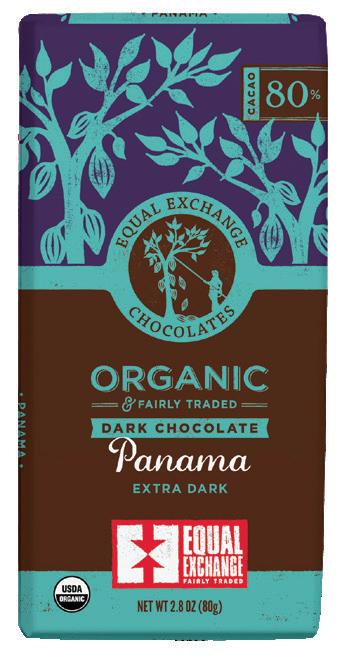
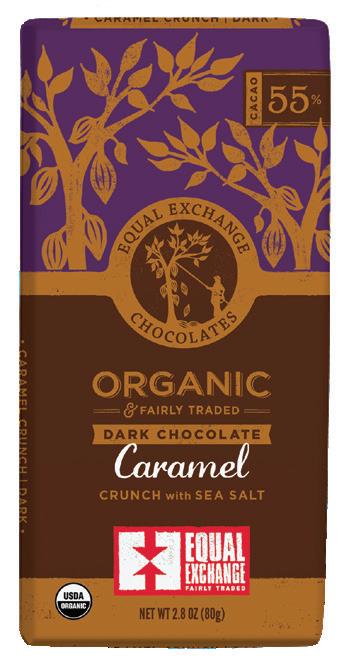

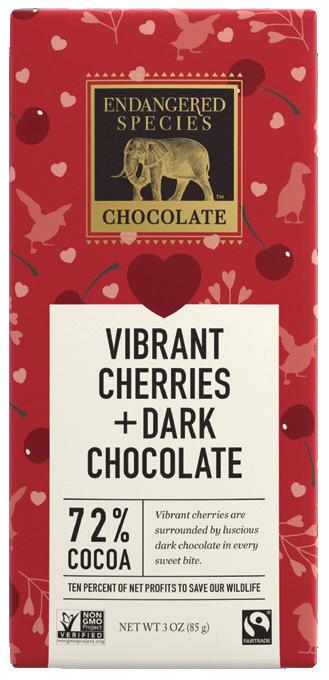
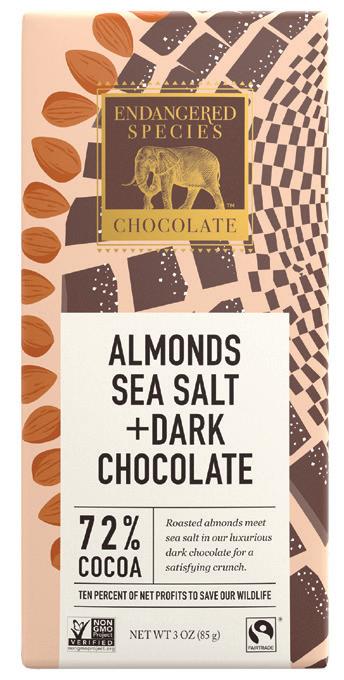
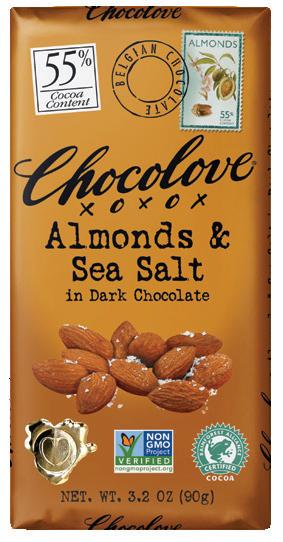

Theo Chocolate Bars




Rao’s

